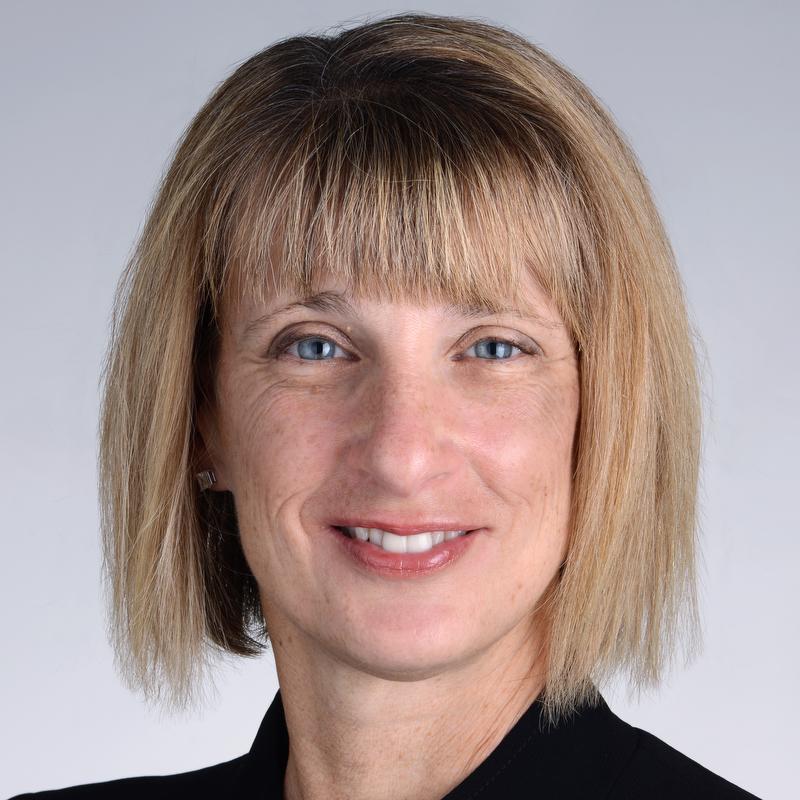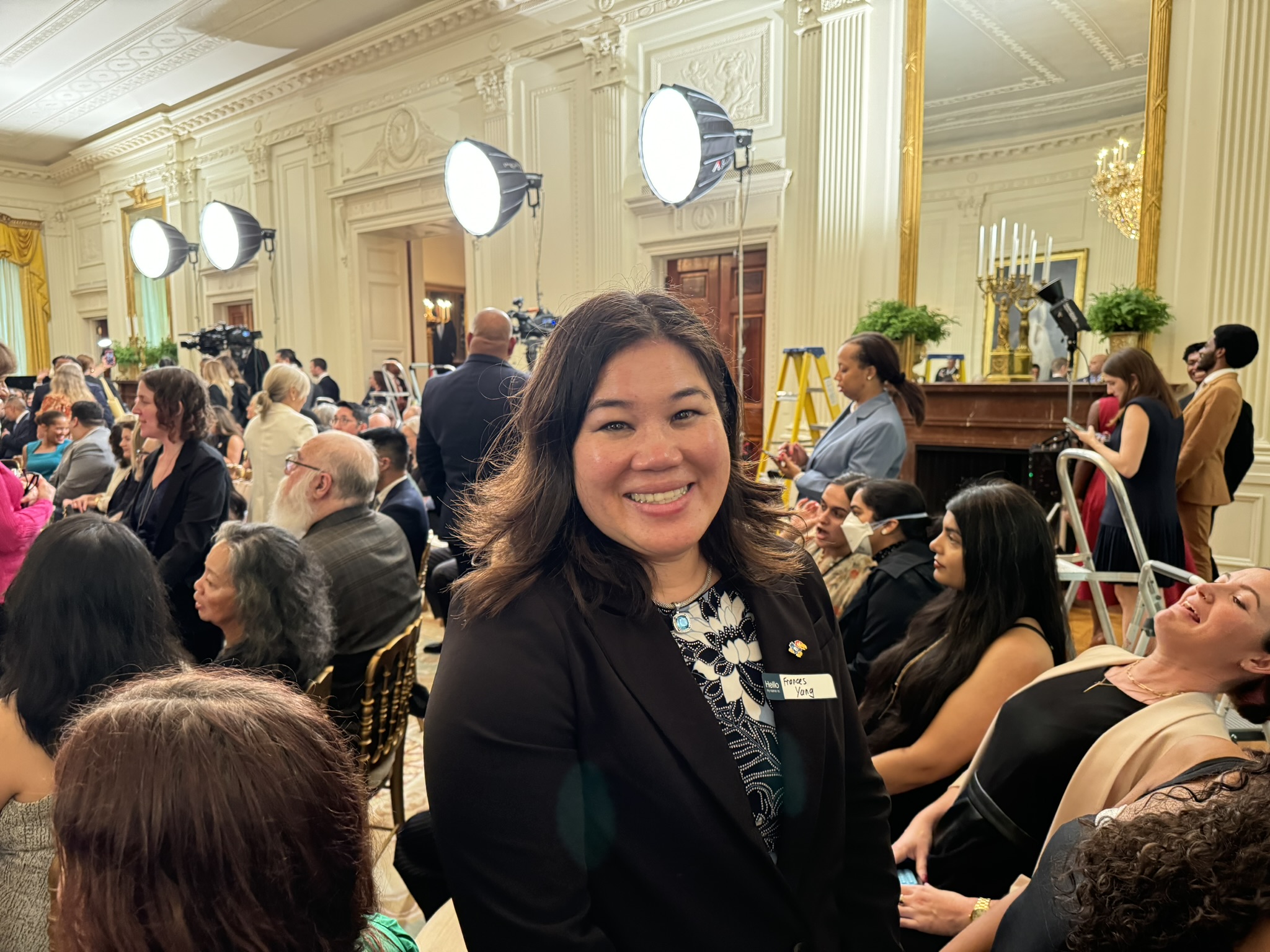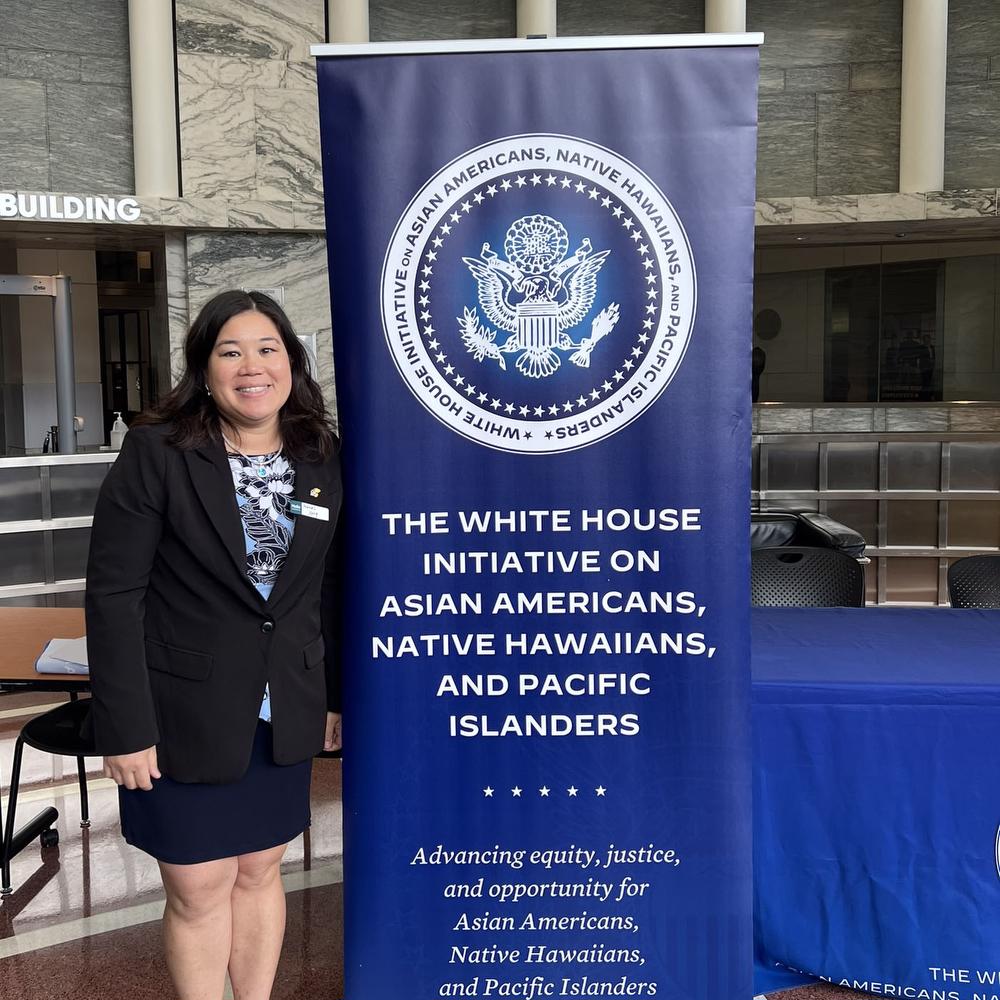

Frances M. Yang, Ph.D., Provides Expert Testimony as Part of White House Administration’s Gun Violence Prevention Initiative
By Kelly Hale , Marketing & Communications Specialist
Jan 10, 2025
University of Kansas Medical Center School of Nursing’s Frances M. Yang, Ph.D., has a personal stake when it comes to gun violence prevention. Her mom survived a shooting at her church two years ago. The shooting, which involved persons that are a part of the Asian American, Native Hawaiian and Pacific Islanders, has been labeled a hate crime by many. The shooter super-glued the locks, chained the doors, and placed three bombs inside the church before he started shooting. A person inside the church tried to save others inside the church and lost his life while doing so.
And with that chain of events, the research trajectory of Yang changed to looking at how victims of shootings are supported in both their physical and mental health, especially when there is a social stigma associated with mental health.
“In certain cultures, there is a stigma around showing emotional distress and trauma,” Yang said. “So, I want to track not only where these shootings are happening and who the victims are but how do we support them and their families,
because the families are supporting the victims too.”
As a secondary survivor, Yang continues to deal with the consequences of what her mom went through, and the emotional distress that persists as her mom processes the event.
“It’s been difficult talking to her about her emotions regarding the shooting,” she said. “And my dad recently passed away, so it’s been even more stressful for my family as we continue to work through this.”
Currently, Yang is working on a proposal that is specific to Asian Americans, Native Hawaiians and Pacific Islanders and includes support for community health workers as they are talking to survivors, but also working on prevention of firearm-related injuries, like safe firearm storage.
“If we have the opportunity to implement this, the next step is assessing the emotional distress of victims, because it can be difficult for people, especially in this community to admit to feeling depressed or anxious,” Yang said.
Yang is looking at social determinants of health, like economics, social aspects, and others as part of her research.
“There isn’t a lot of data around the Asian American, Native Hawaiian and Pacific Islanders community because of a hesitation to share this type of information for a variety of reasons,” she said.
All of this led to a recent trip to the White House, where the Biden-Harris administration established an initiative for Asian Americans, Native Hawaiians, and Pacific Islanders and how to increase data collection to help this community with their overall health.
“Gun violence is a specific area of this policy because there was a surge around COVID-19 because of the association of the virus with this community,” Yang said. “The impetus was the shooting in Atlanta and then moving to the other hate crimes that have happened.
“We need to find ways to better collect data so we can show how this is impacting not only this community, but others as well and how can we get them the resources they need. As a part of the Asian American and Pacific Islander community, there is hesitation to speak out against authority, we have a high regard for education, and this has been taught for generations so it could explain why it is so hard for this community to give feedback.”
As part of the initiative, the White House sent people into the communities to hear from them, and then named a commission, who will function as the voice of people nationwide.
For Yang, it has been a busy two years as she started this new research. She was awarded the MacArthur Interprofessional Collaboration Award from the University of Kansas, School of Nursing, Office of Grants and Research led by Barbara Polivka, Ph.D., RN, FAAN, to examine evidence-based interventions to support victims. She then presented this research at the Midwest Nursing Research Society, which led to a connection with another speaker who was discussing racism and gun violence. And then in April 2024, Yang was invited to speak at the Asian American Pacific Islander Gun Violence Prevention meeting in Houston, Texas.
That led to June 2024 when Yang and her mother were invited to the White House for the first roundtable on gun violence prevention for Asian Americans, Native Hawaiians, and Pacific Islanders.
“The conversation really focused on how we prevent hate crimes, and how do we prevent gun violence,” said Yang, who was selected to provide expert testimony on gun violence in the Asian American, Native Hawaiian and Pacific Islander community.
And as Yang continues her research, her hopes are one day to help develop a center in Kansas City, which has a high rate of gun violence, to help support victims of shootings, learn more about the long-term consequences of mental, emotional, and resilience levels for shooting victims and their families and working with veterans to support their mental health.
“I really see this as a collaboration among many healthcare professionals to provide resources and services that can support victims and their families,” she said.
Latest Articles
View All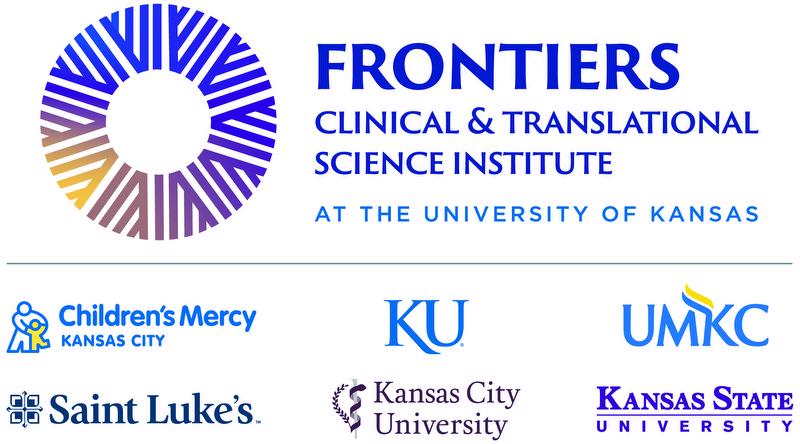 Funded Projects · News
Funded Projects · News
 TL1 Trainee · News
TL1 Trainee · News
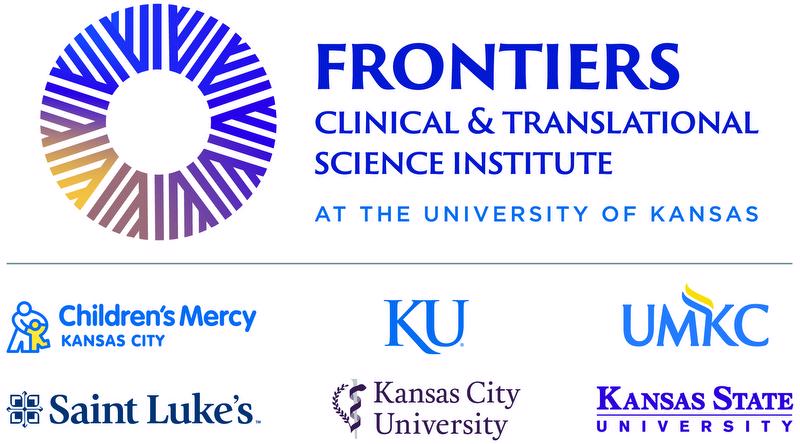 Funded Projects · News
Funded Projects · News
 TL1 Trainee · News
TL1 Trainee · News
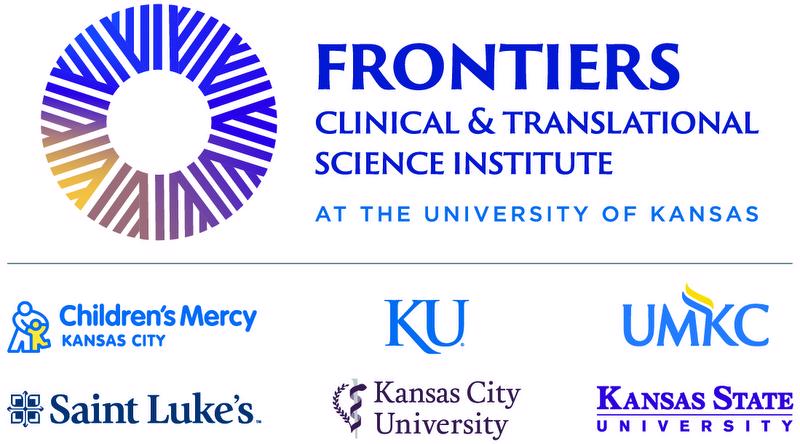 Funded Projects · News
Funded Projects · News
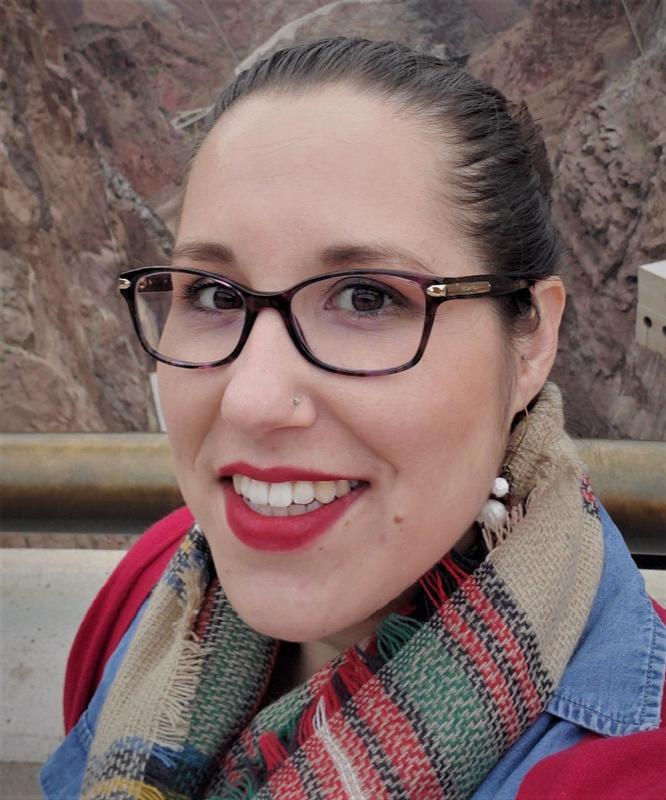 TL1 Trainee · News
TL1 Trainee · News
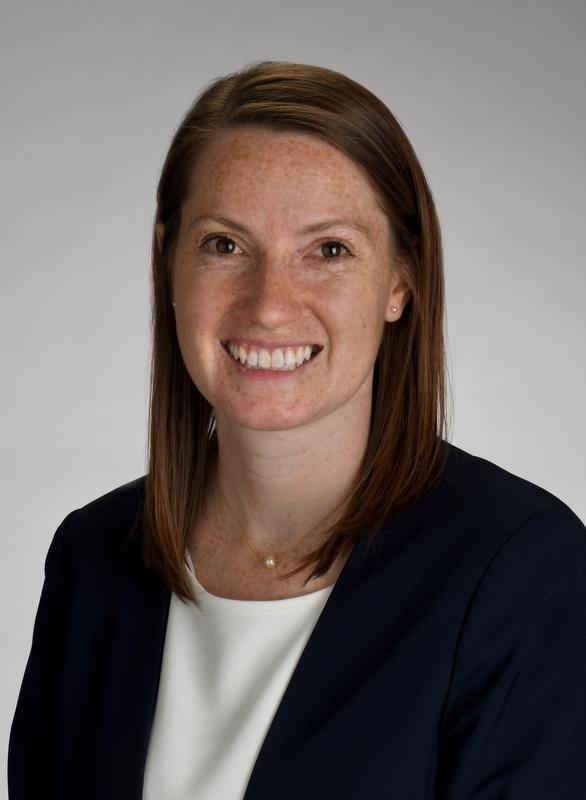 KL2 Scholar · News
KL2 Scholar · News
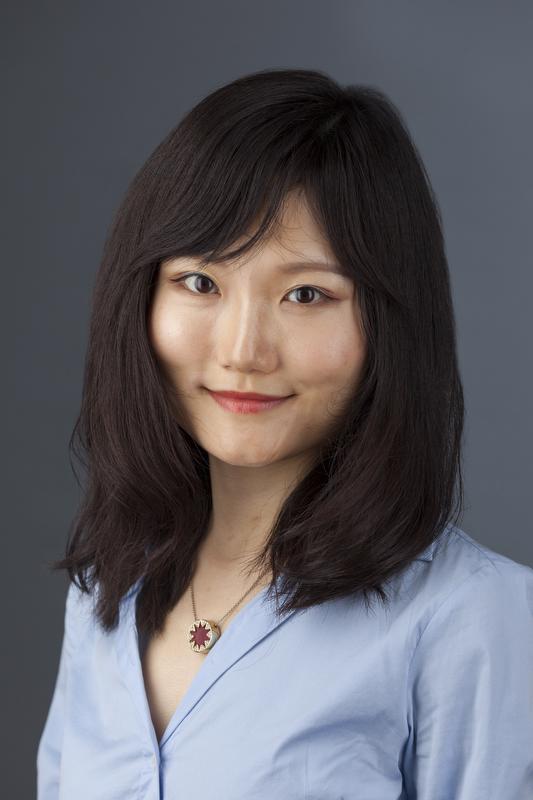 Funded Projects · News
Funded Projects · News
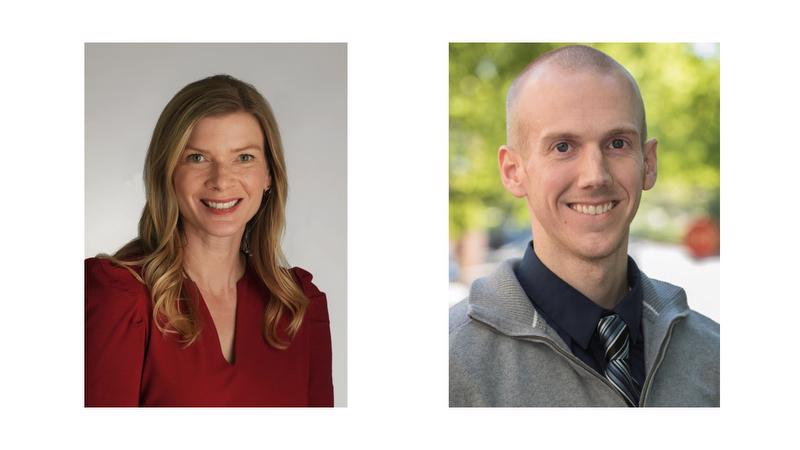 Funded Projects · News
Funded Projects · News
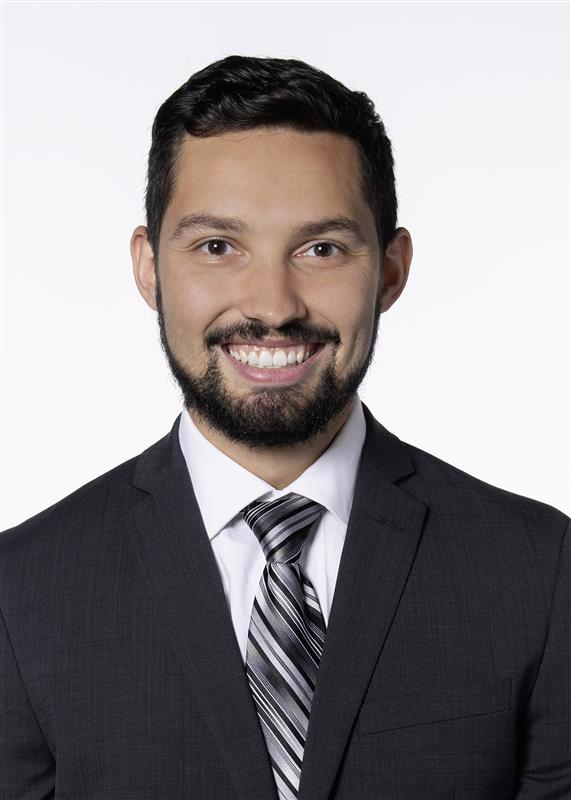 TL1 Trainee · News
TL1 Trainee · News
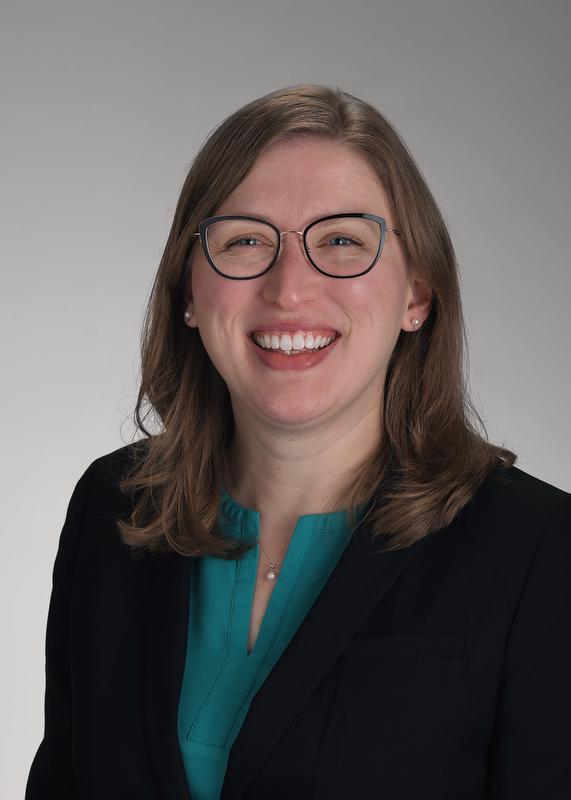 KL2 Scholar · News
KL2 Scholar · News
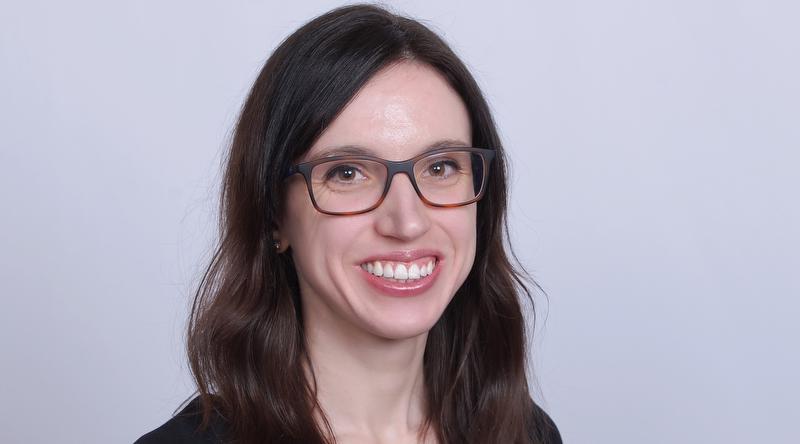 Funded Projects · News
Funded Projects · News
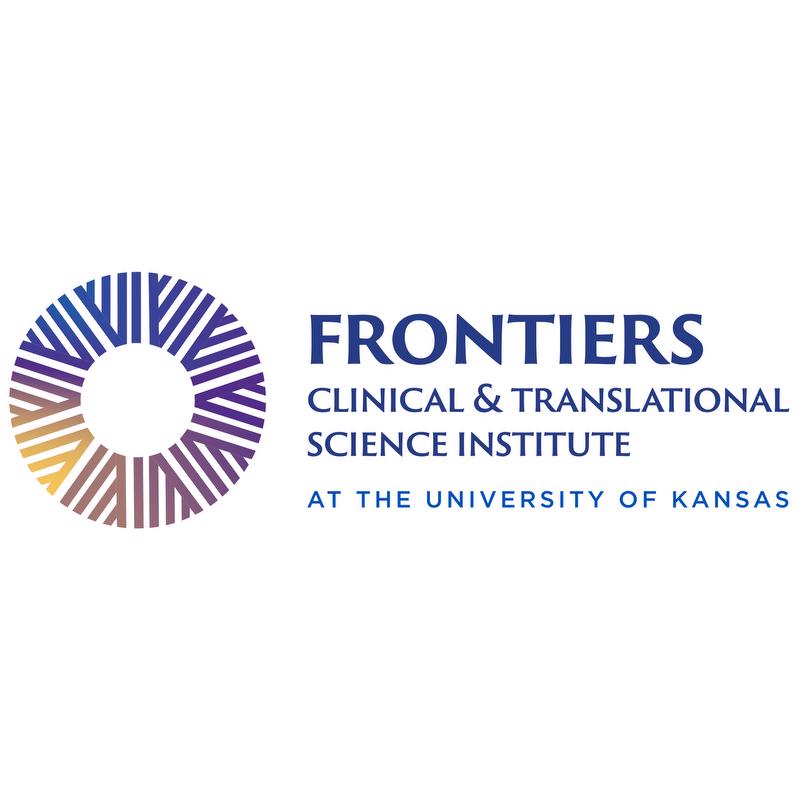 News
News
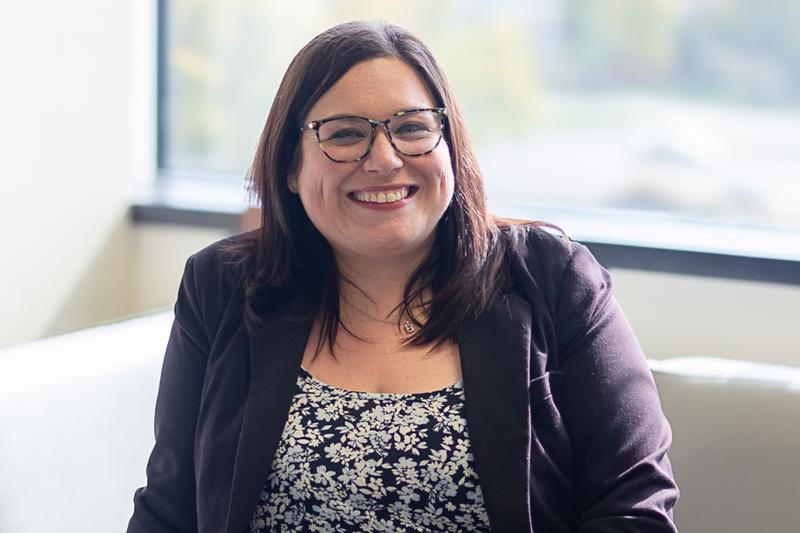 TL1 Trainee · News
TL1 Trainee · News
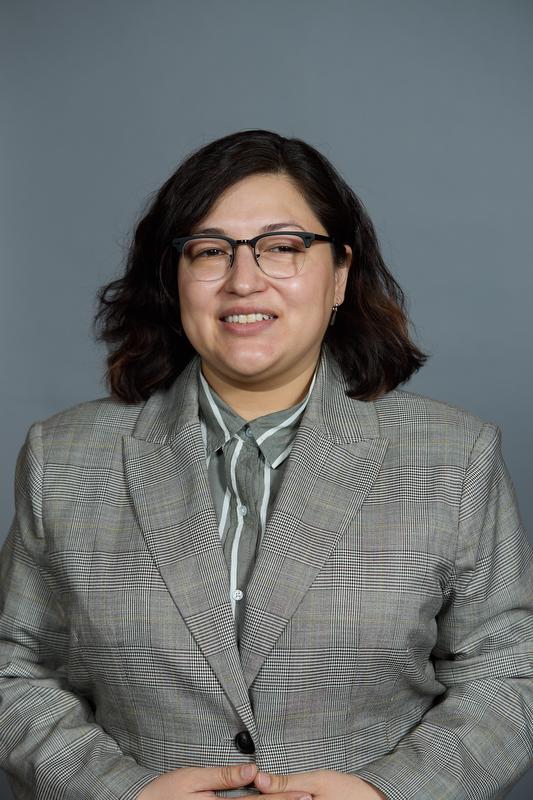 News
News
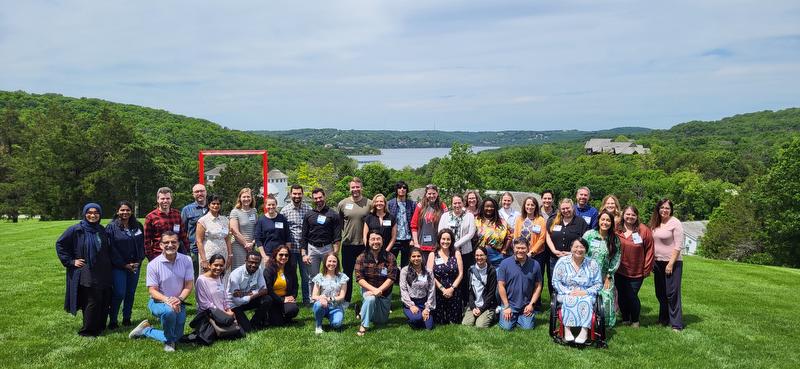 News
News
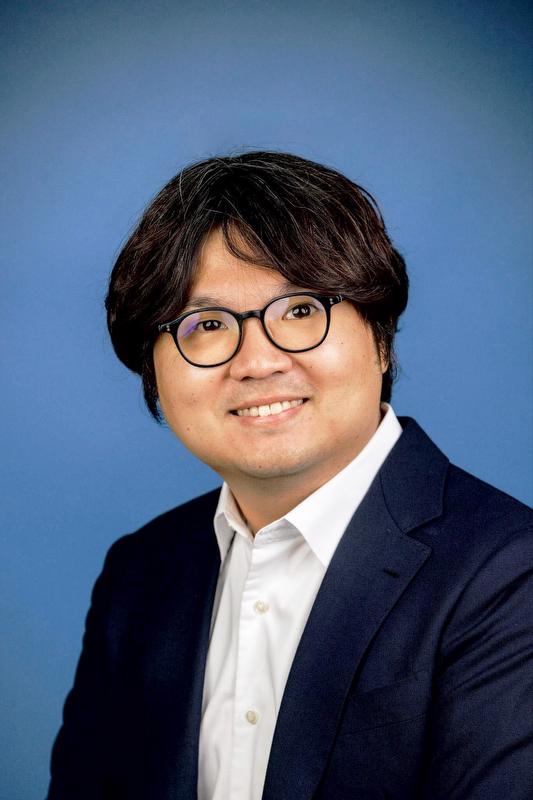 Funded Projects · News
Funded Projects · News
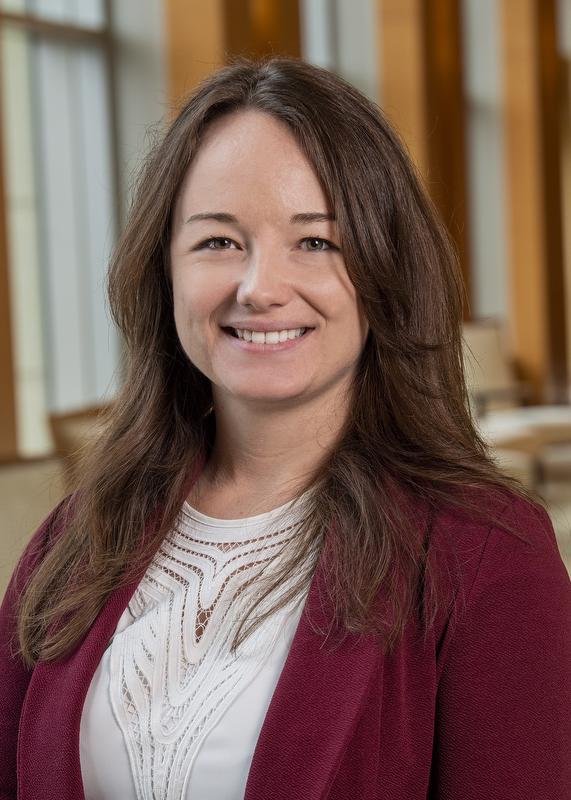 TL1 Trainee · News
TL1 Trainee · News
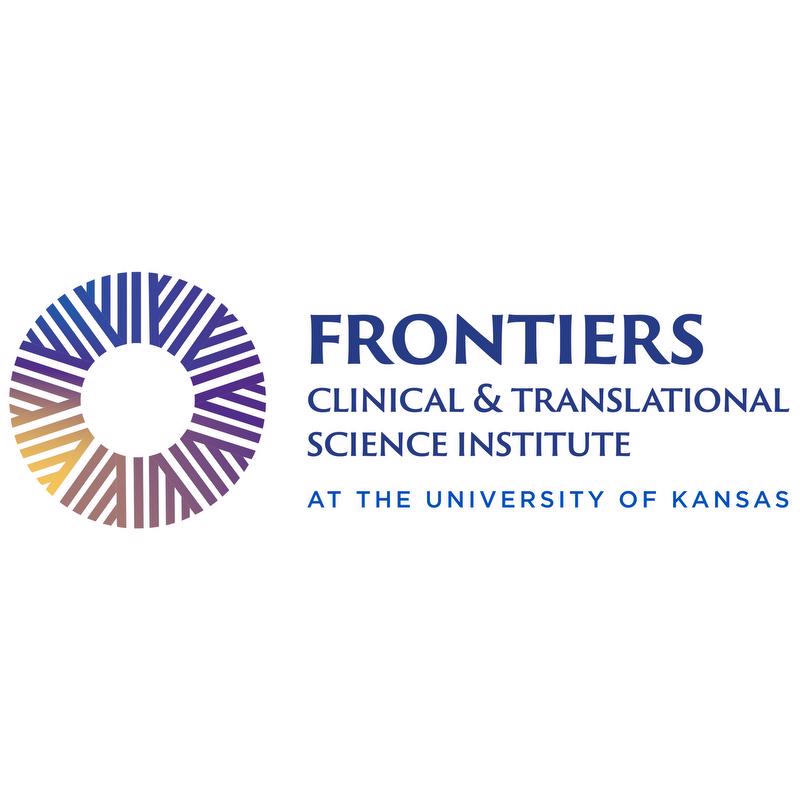 Events
Events
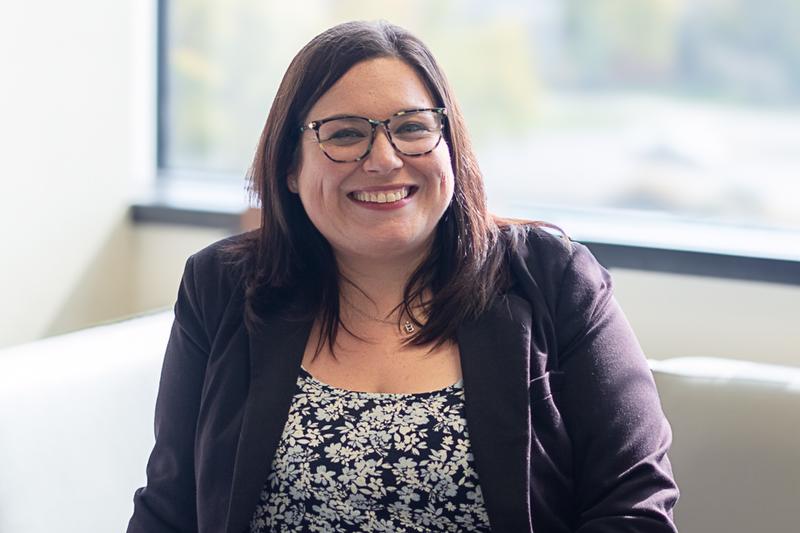 TL1 Trainee · News
TL1 Trainee · News
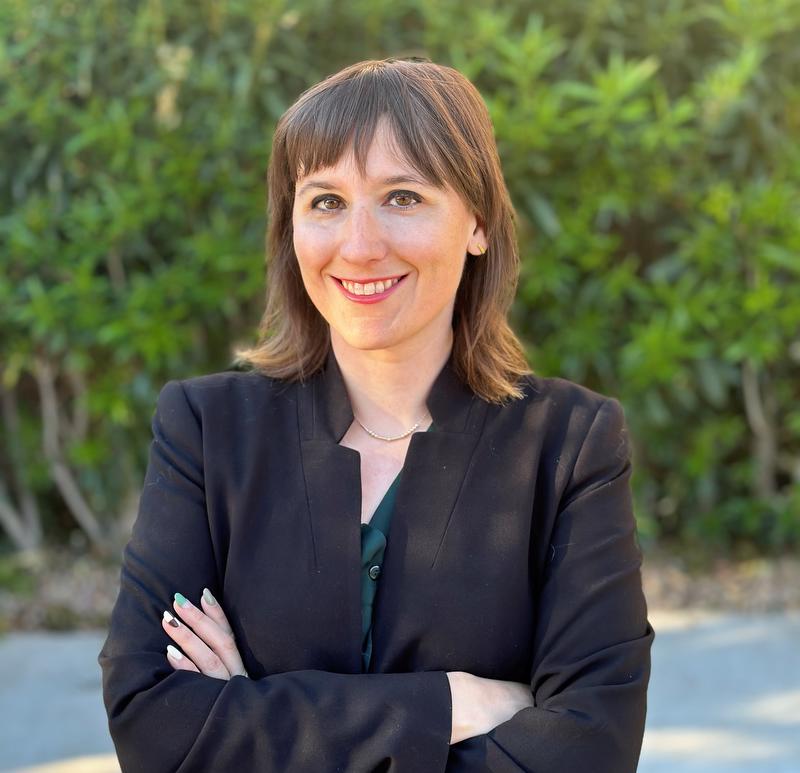 News
News
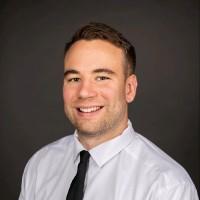 TL1 Trainee · News
TL1 Trainee · News
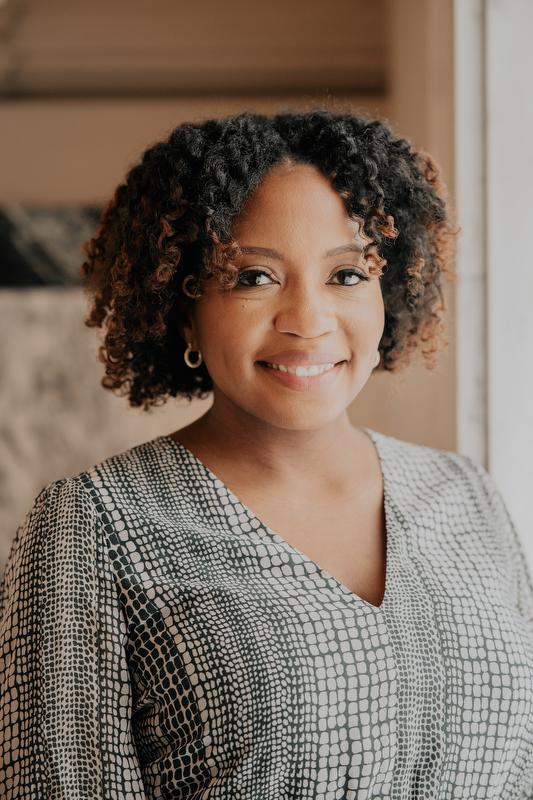 KL2 Scholar · News
KL2 Scholar · News
 News
News
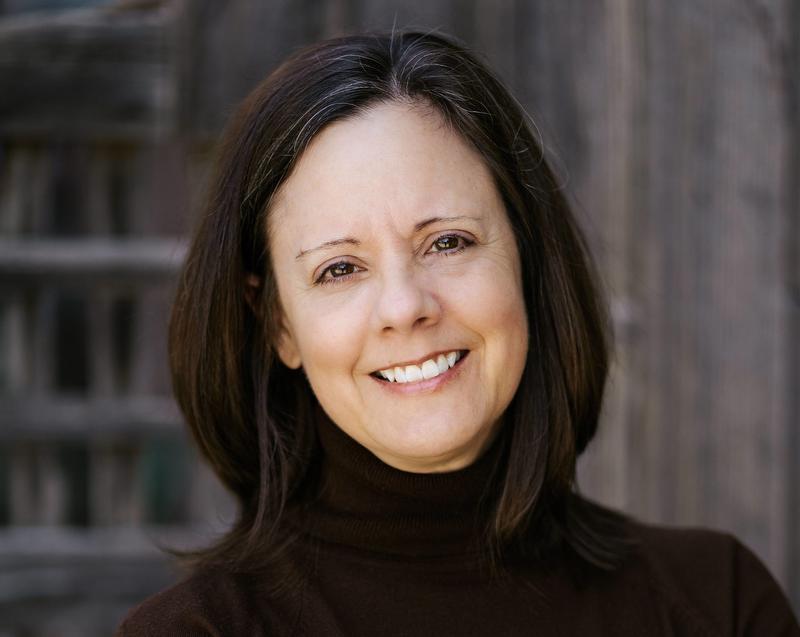 KL2 Scholar · News
KL2 Scholar · News
 Funded Projects · News
Funded Projects · News
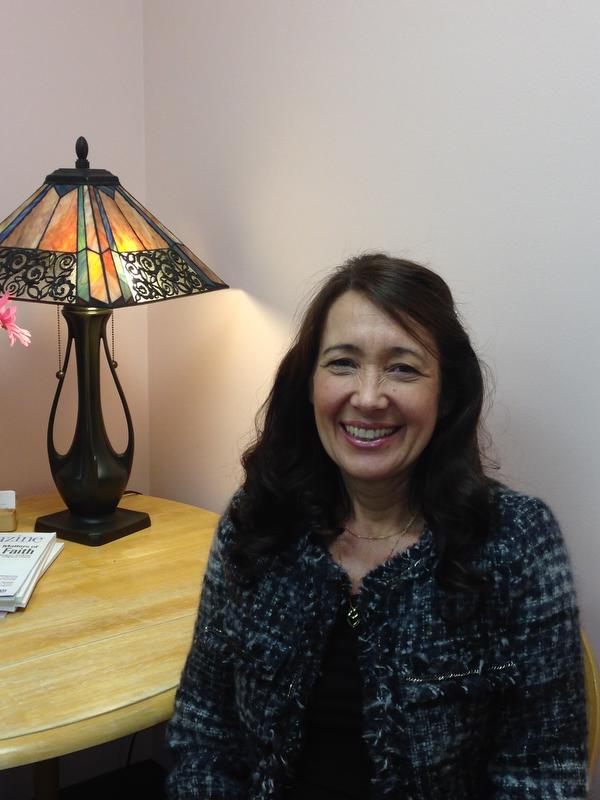 News
News
 TL1 Trainee · News
TL1 Trainee · News
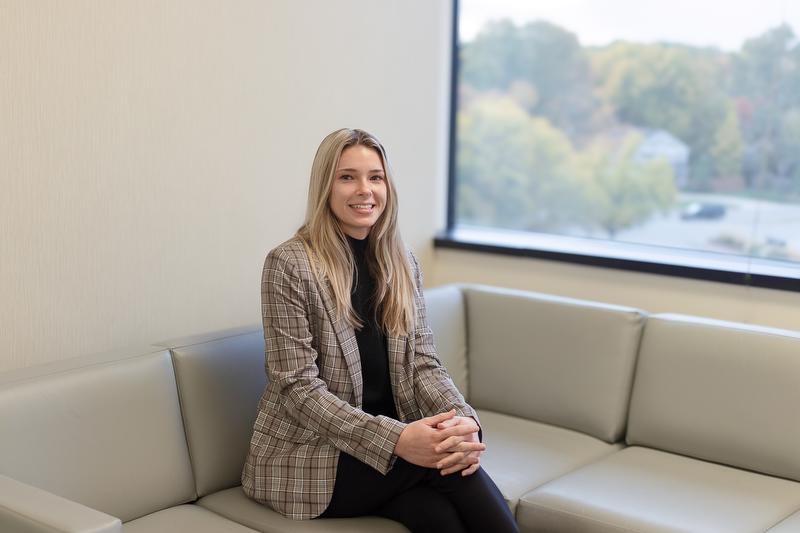
 TL1 Trainee · News
TL1 Trainee · News
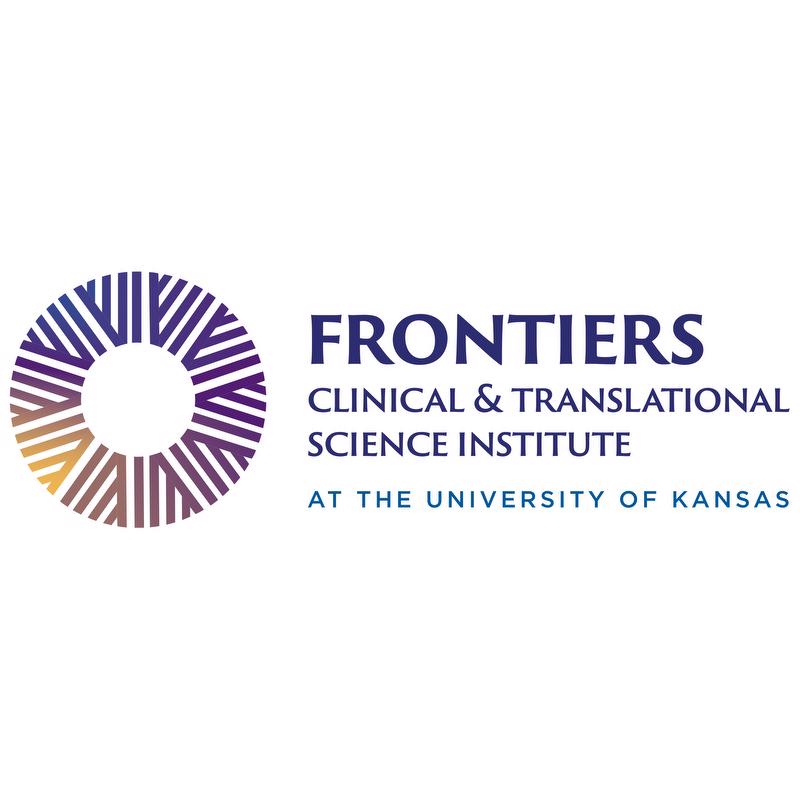 Services · News
Services · News
 News
News
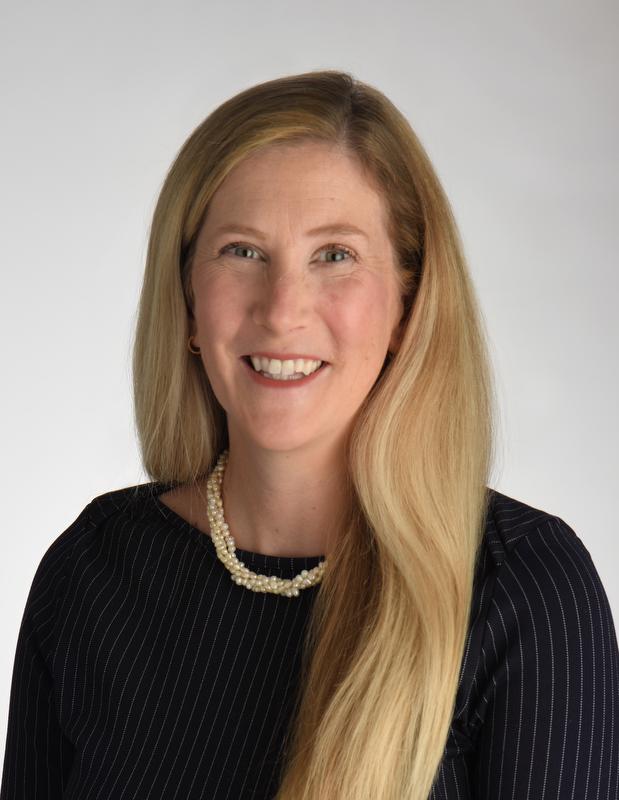 Funded Projects · News
Funded Projects · News
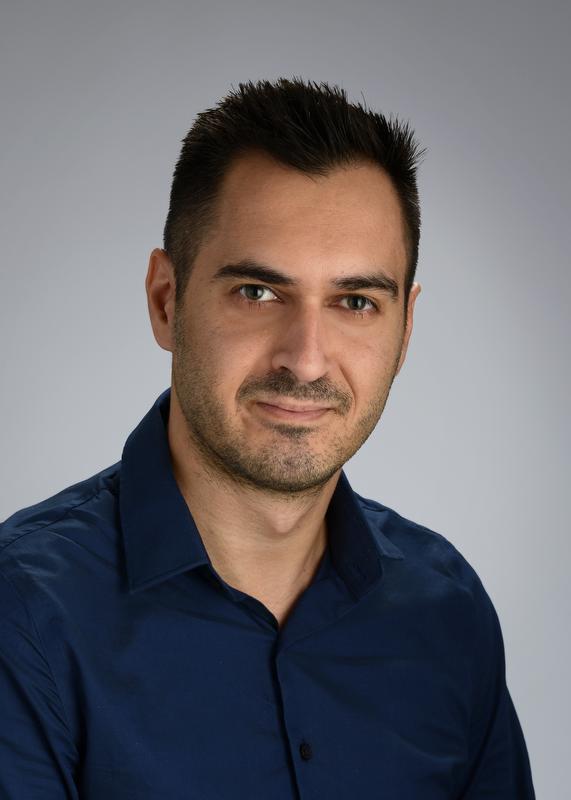 Funded Projects · News
Funded Projects · News
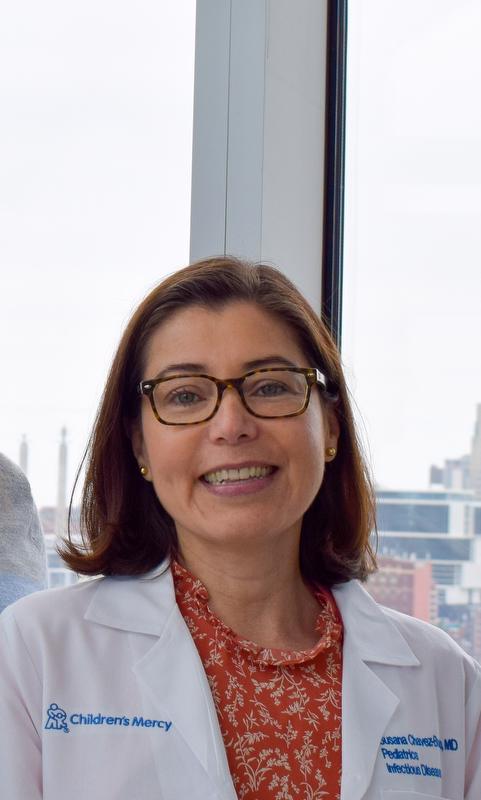 Funded Projects · News
Funded Projects · News
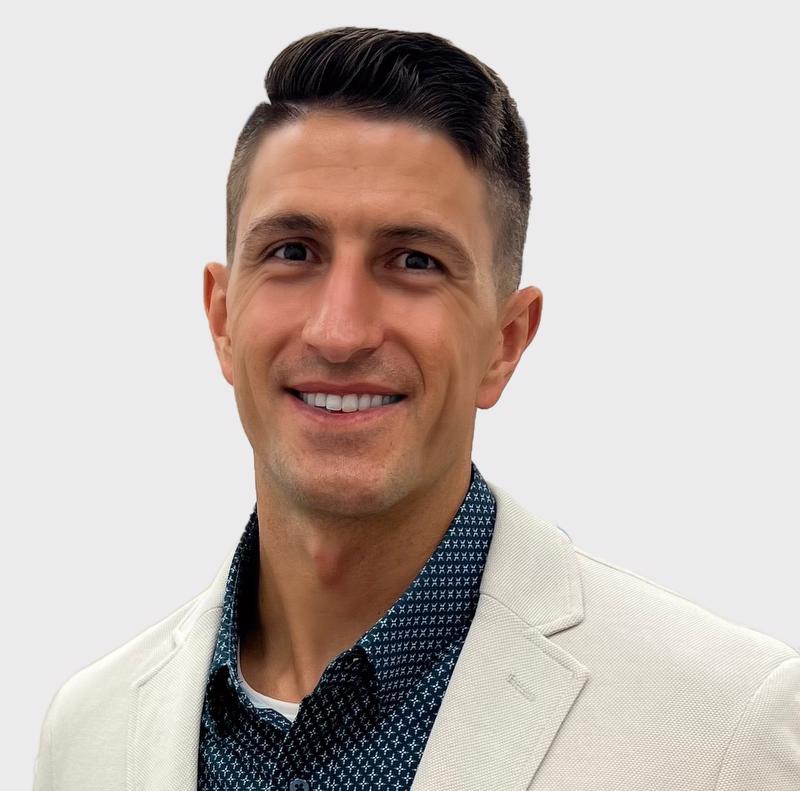 TL1 Trainee · News
TL1 Trainee · News
 KL2 Scholar · News
KL2 Scholar · News
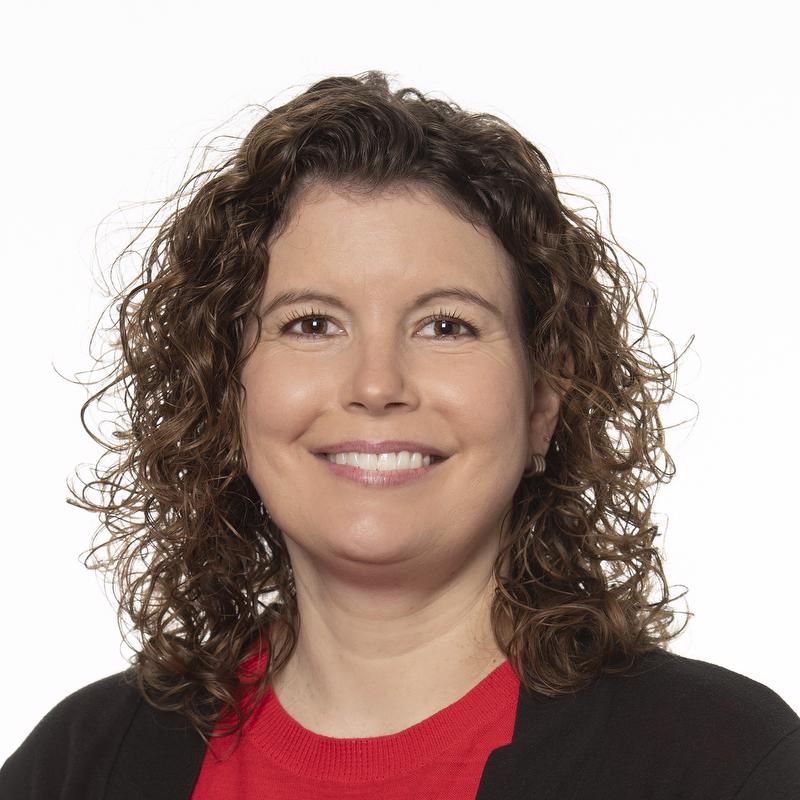 Funded Projects · News
Funded Projects · News
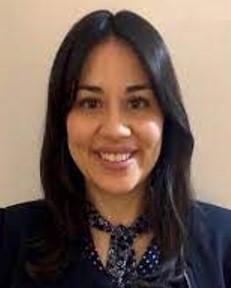 News
News
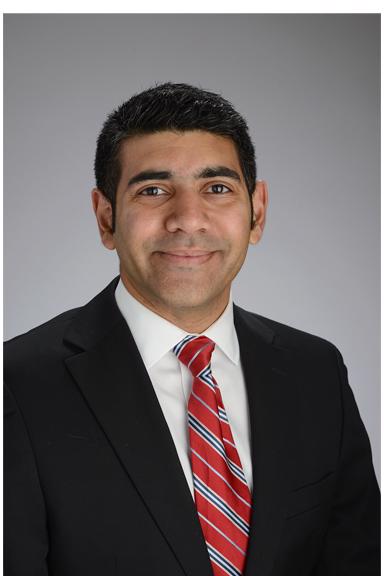 News
News
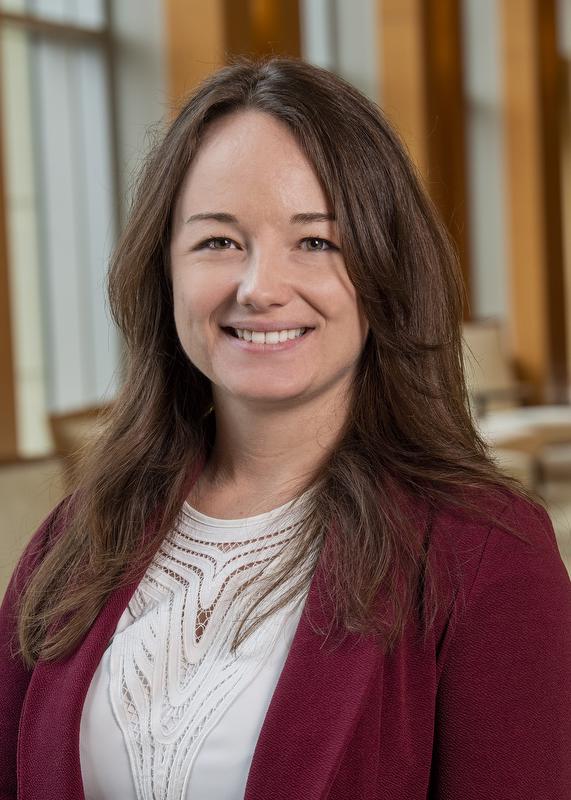 News
News
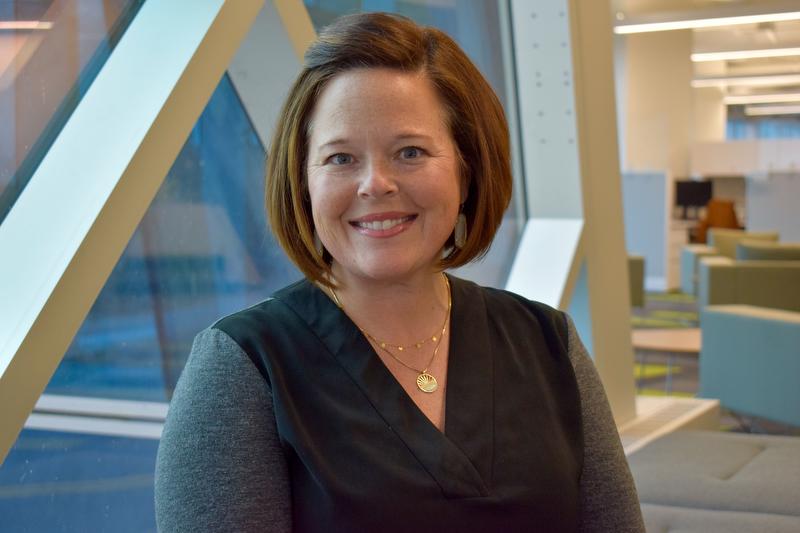 News
News
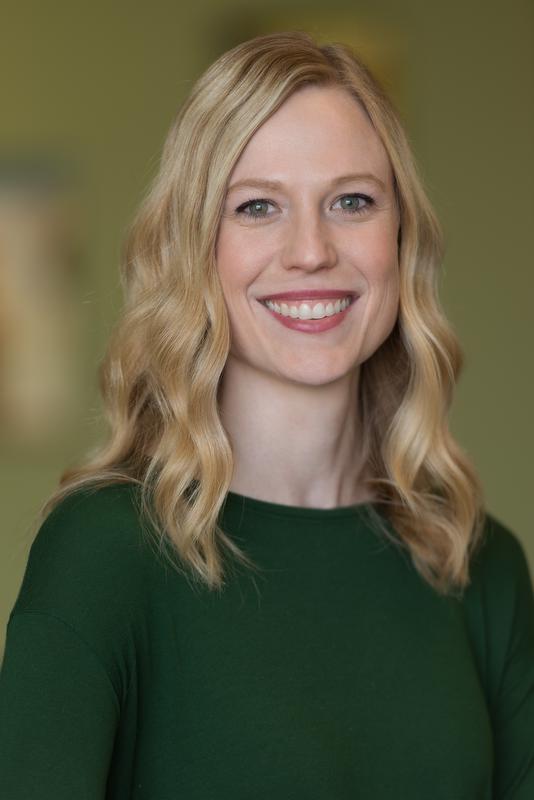 News
News
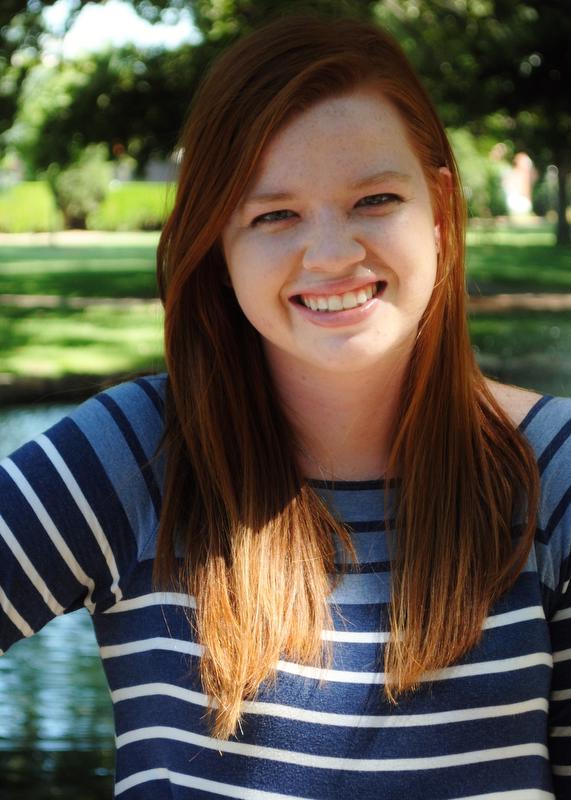 News
News
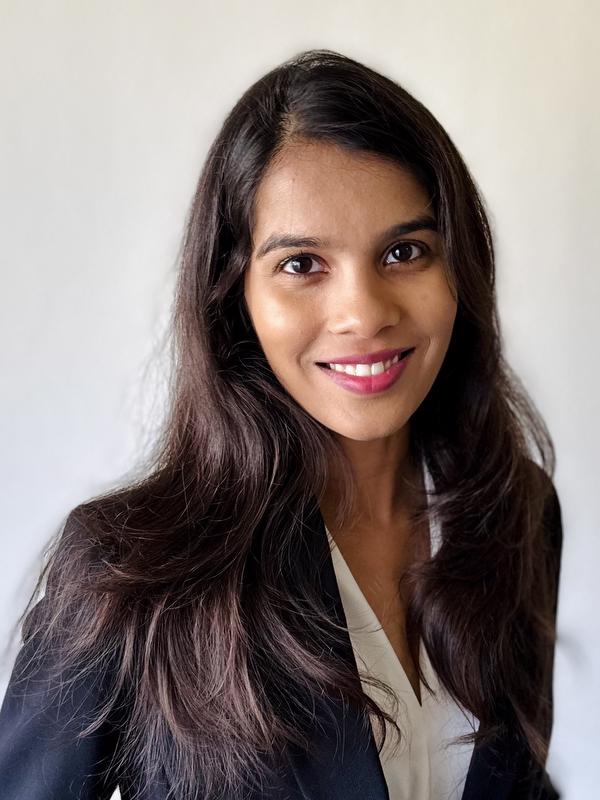 News
News
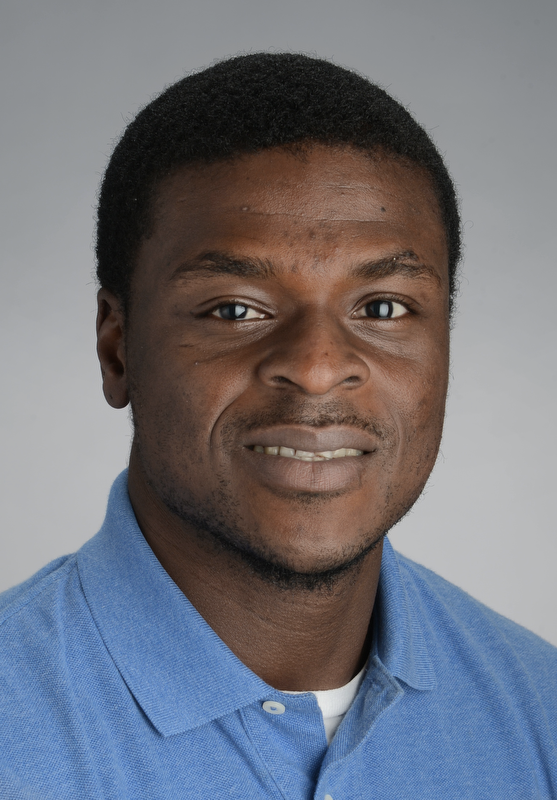 News
News
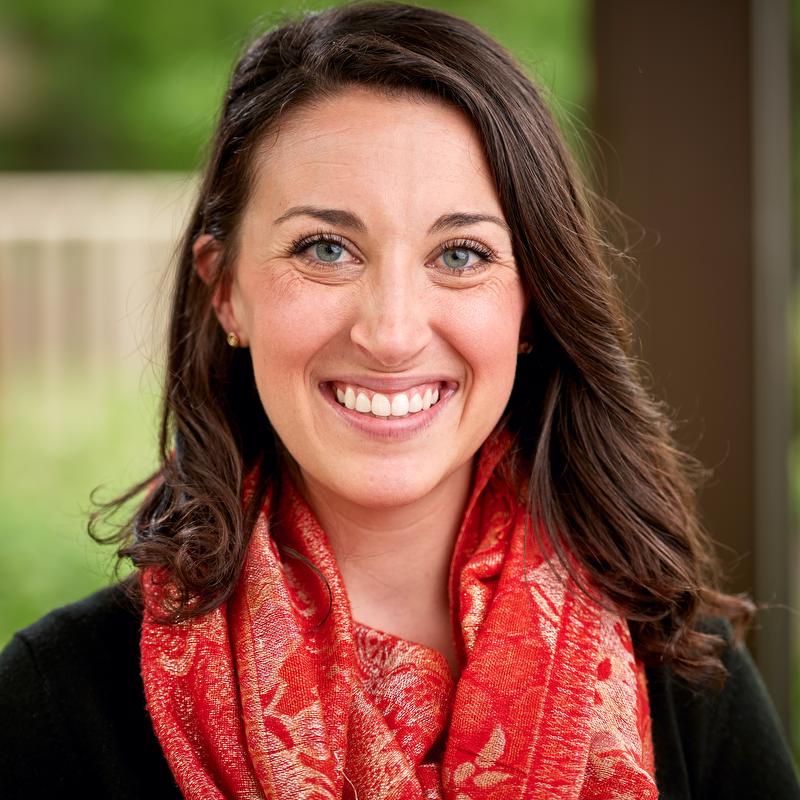 News
News
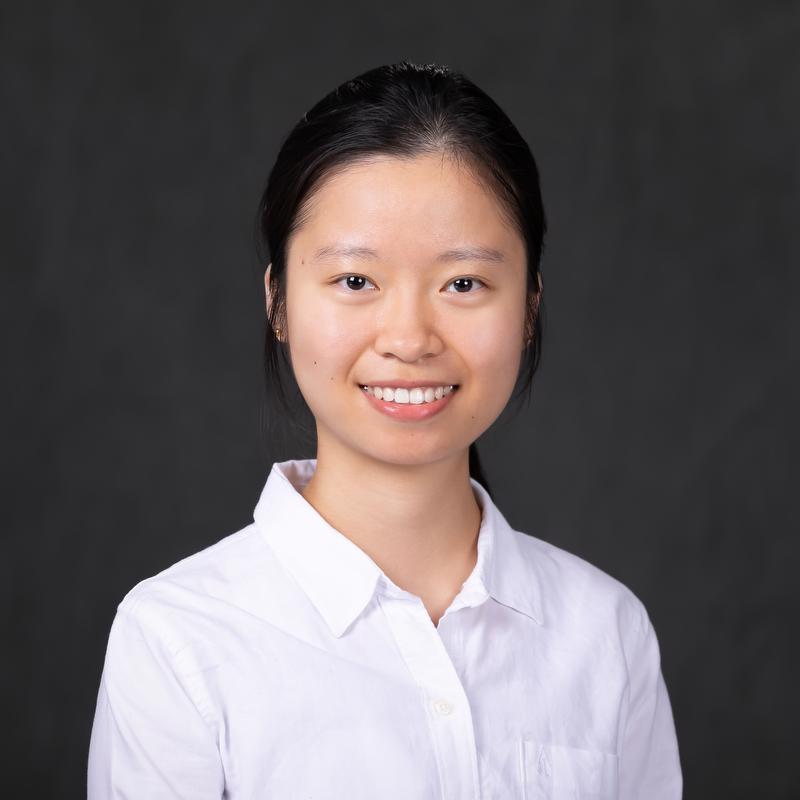 News
News
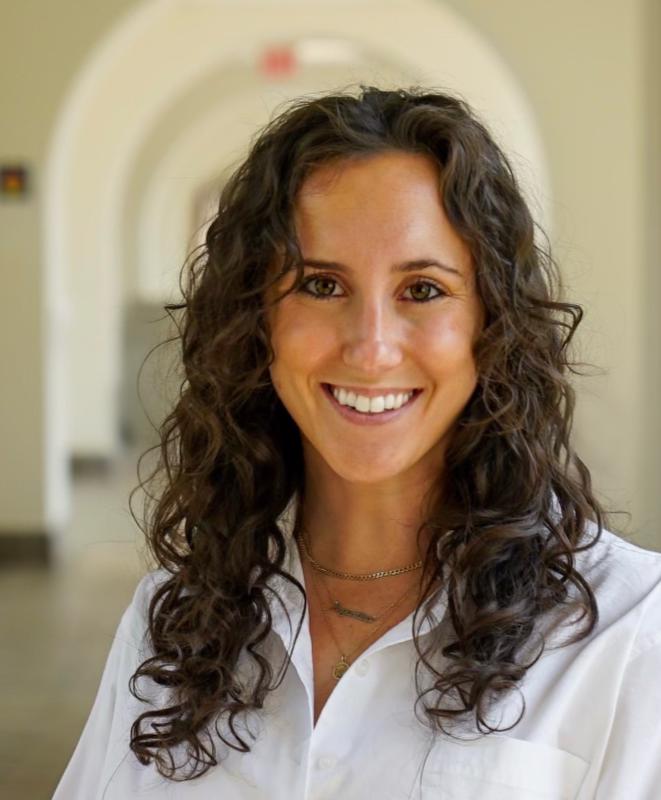 News
News
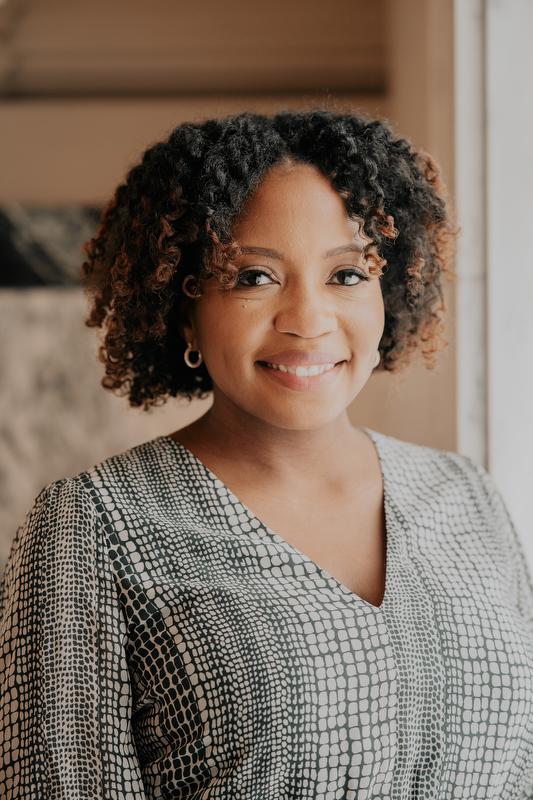 News
News
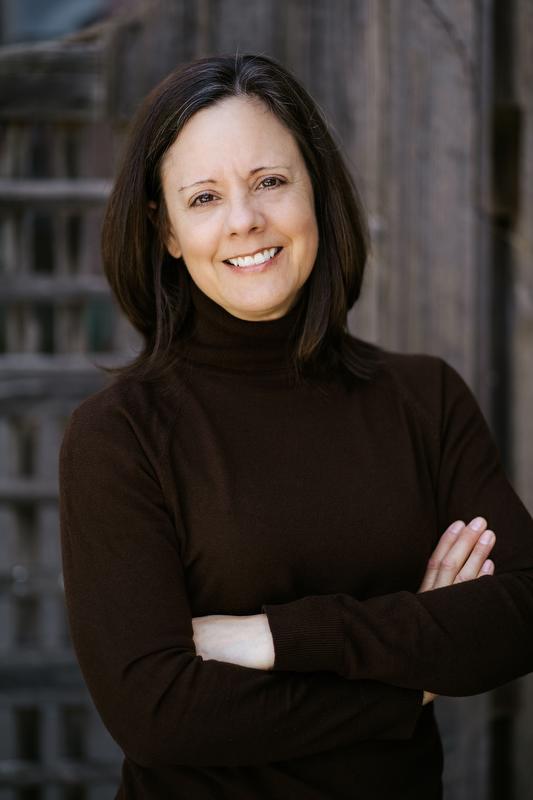 News
News
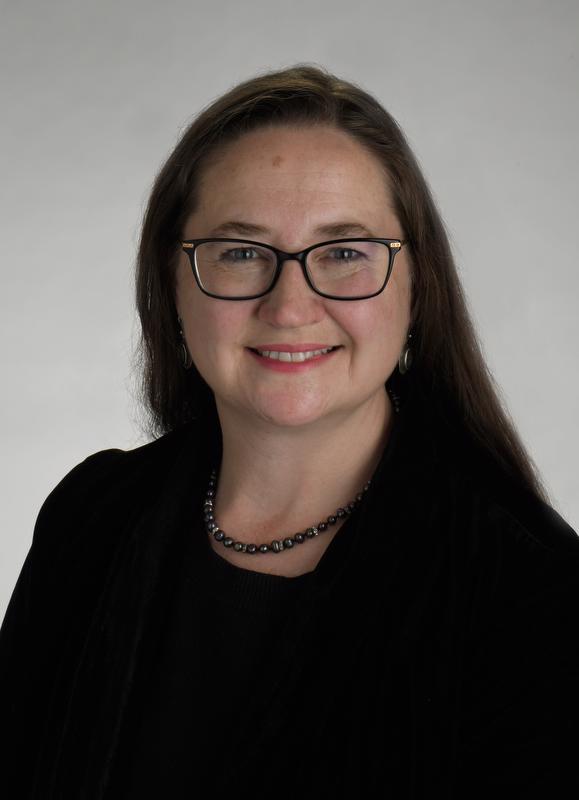 News
News
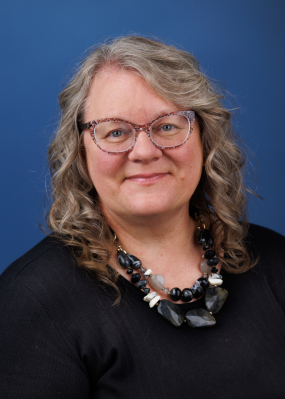 Funded Projects · News
Funded Projects · News
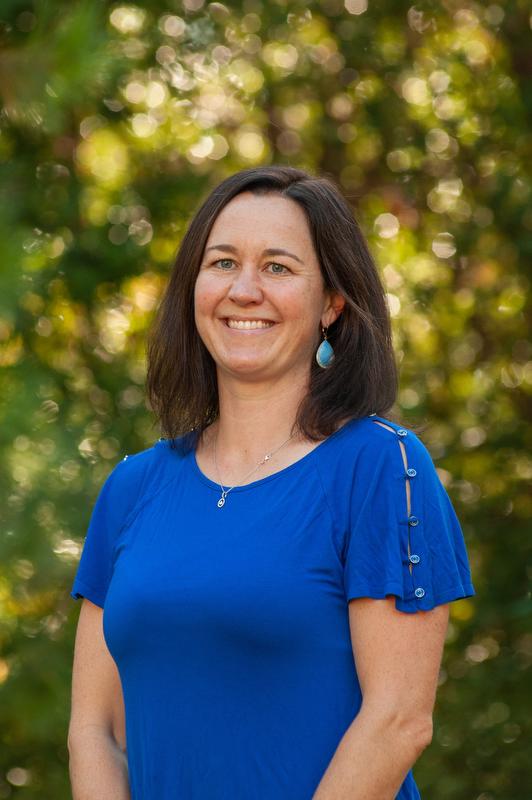 Funded Projects · News
Funded Projects · News
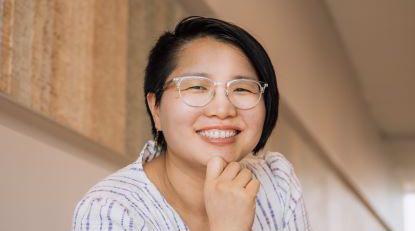 KL2 Scholar · News
KL2 Scholar · News
 News
News
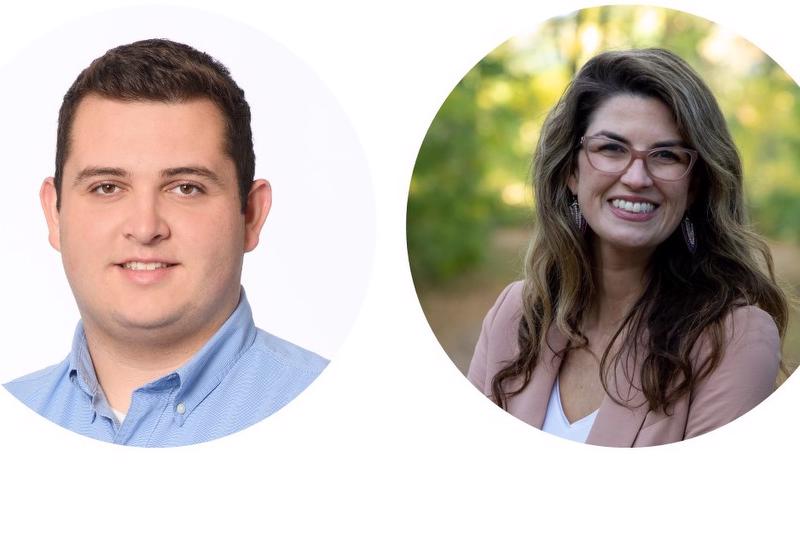 News
News
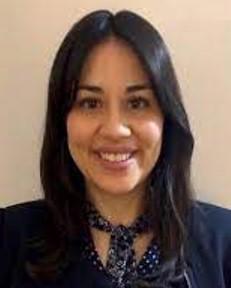 KL2 Scholar · News
KL2 Scholar · News
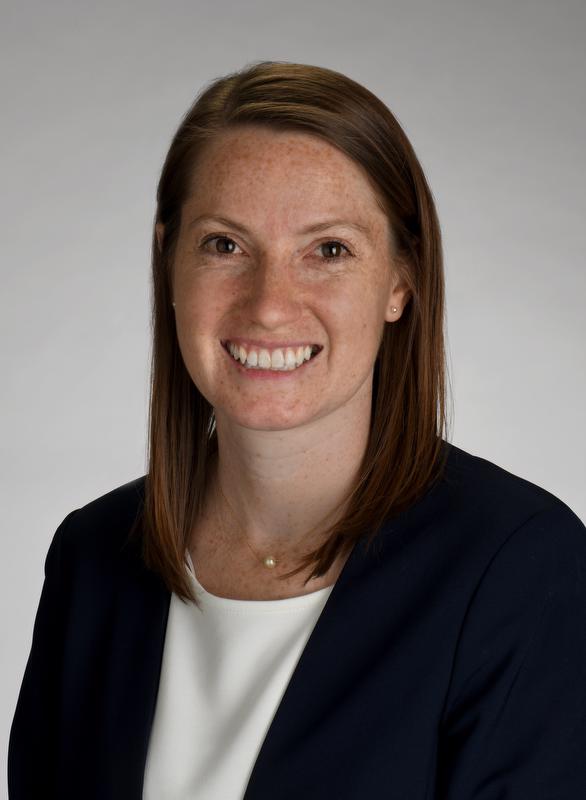 KL2 Scholar
KL2 Scholar
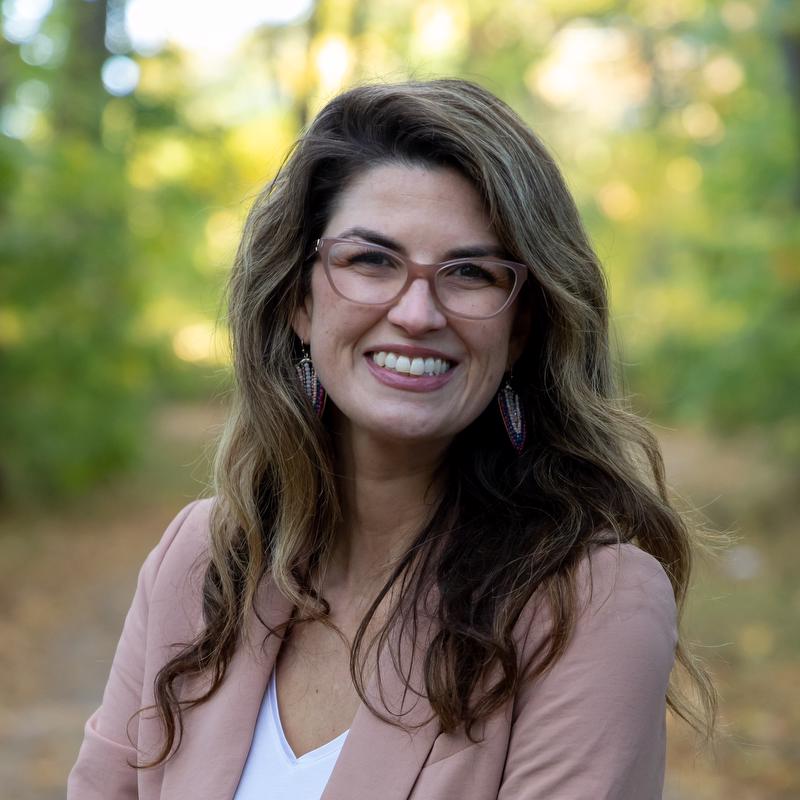 News
News
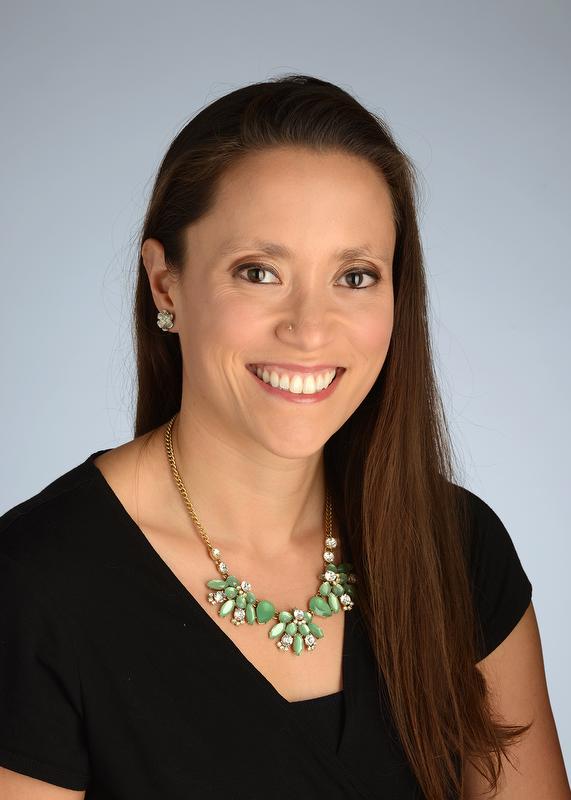 News
News
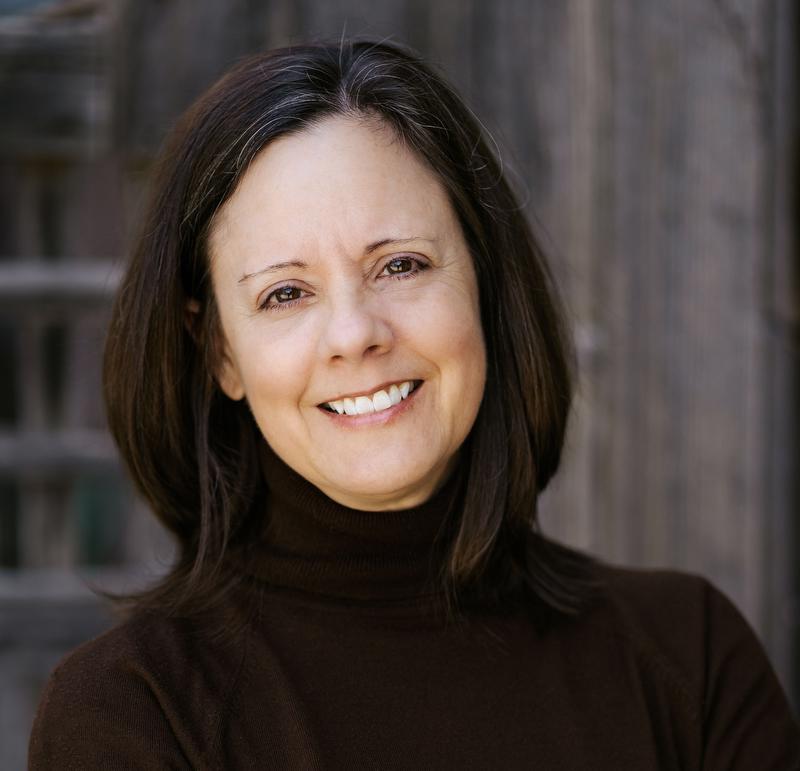 KL2 Scholar · News
KL2 Scholar · News
 News
News
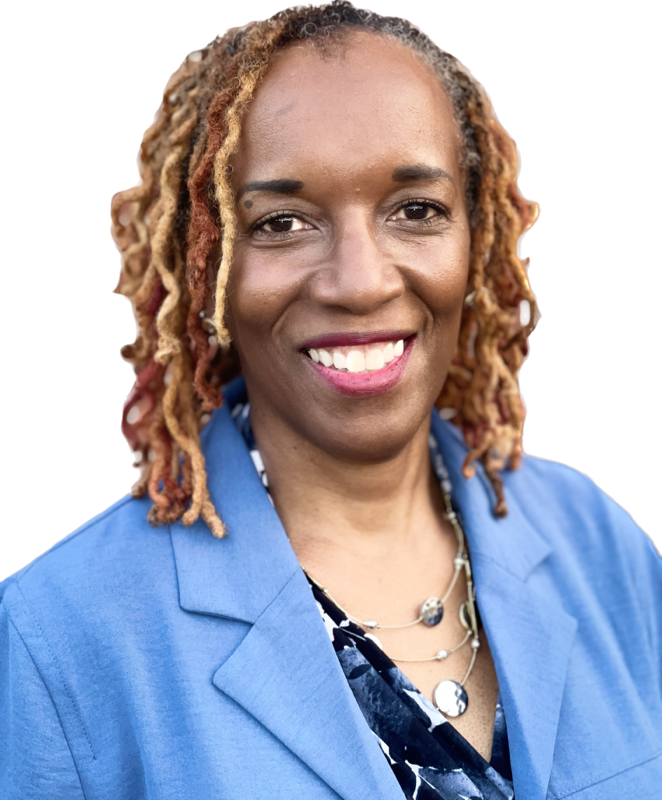 News · In the Community · Funded Projects
News · In the Community · Funded Projects
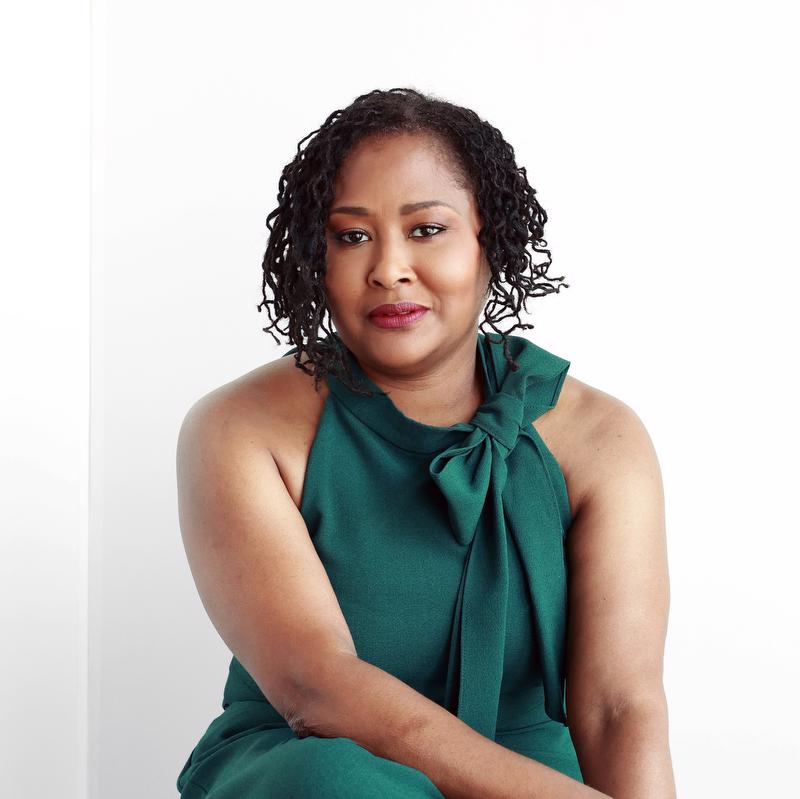 Funded Projects · News
Funded Projects · News
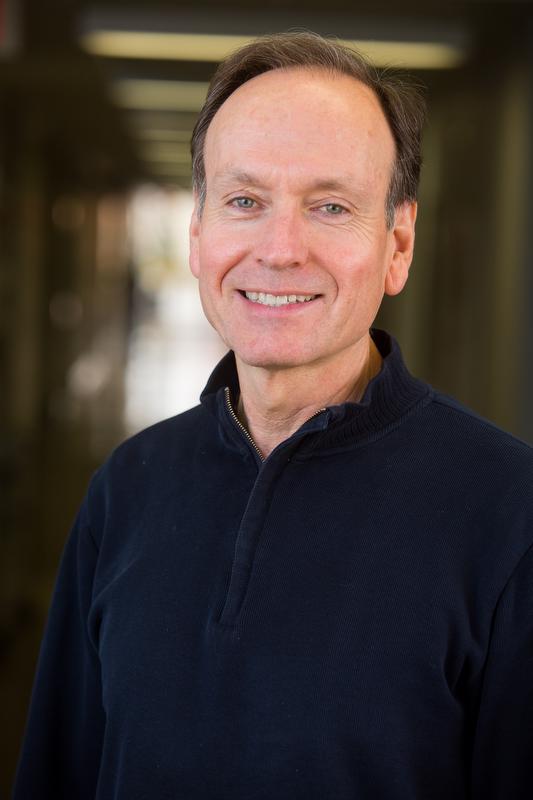 Funded Projects · News
Funded Projects · News
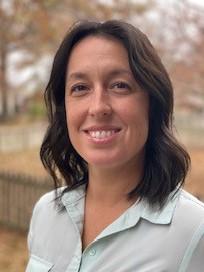 Funded Projects · News
Funded Projects · News
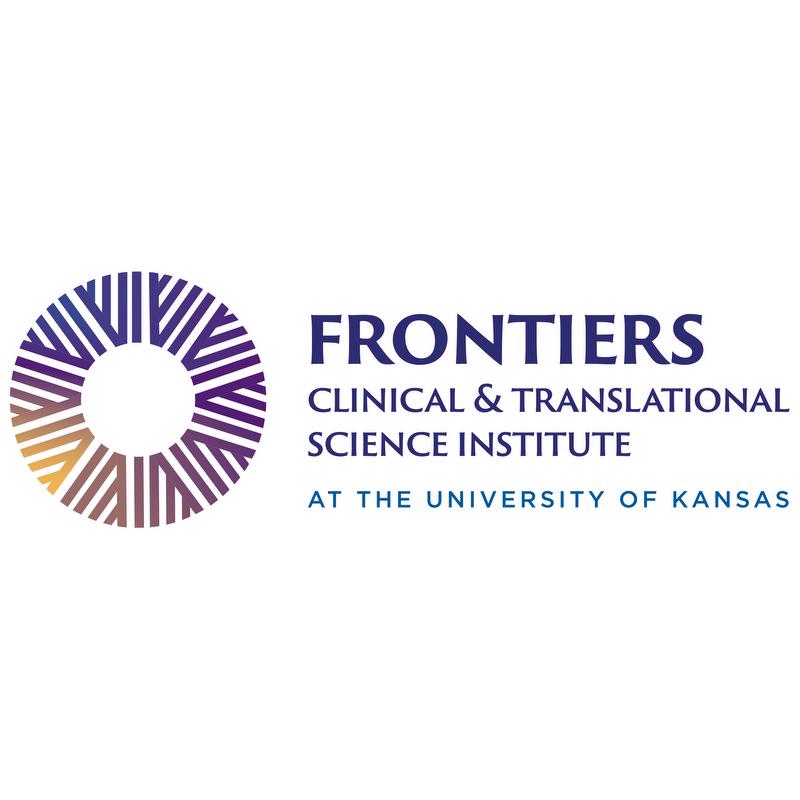 Funded Projects · News
Funded Projects · News
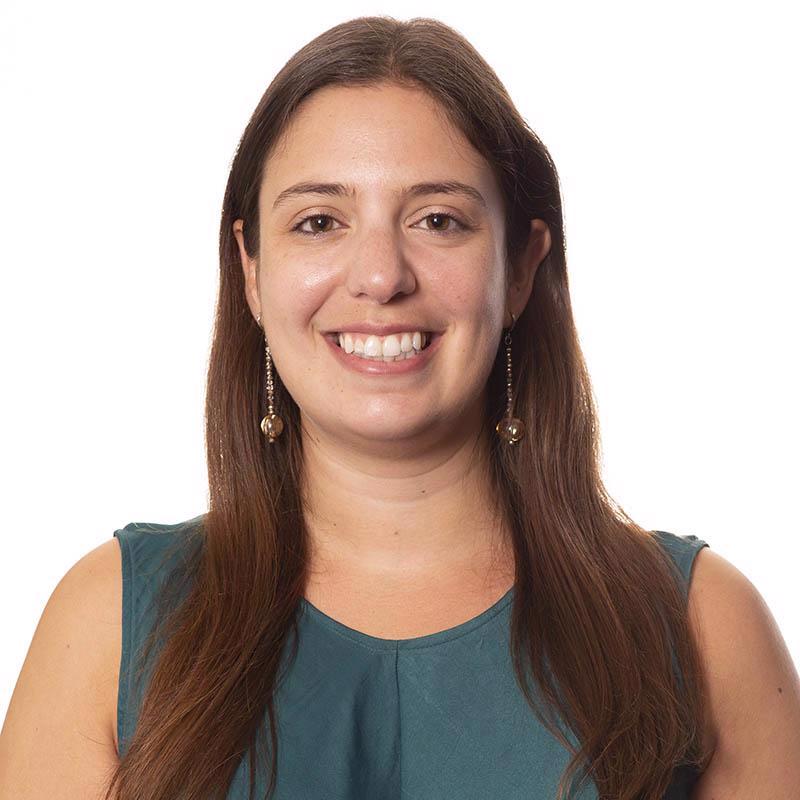 News
News
 Funded Projects · News
Funded Projects · News

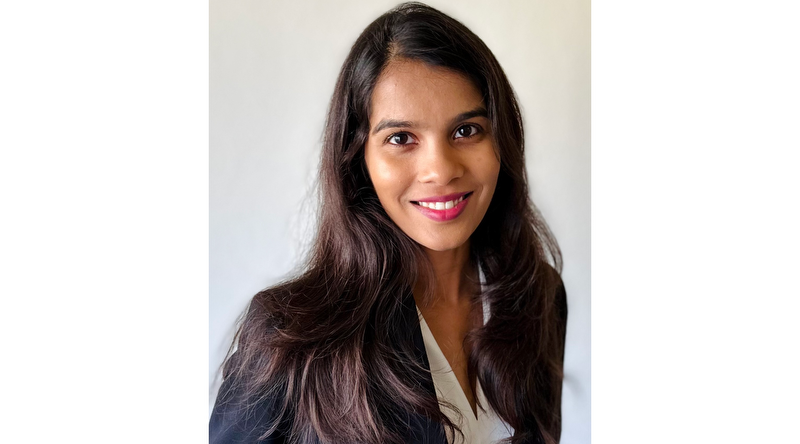 TL1 Trainee · News
TL1 Trainee · News
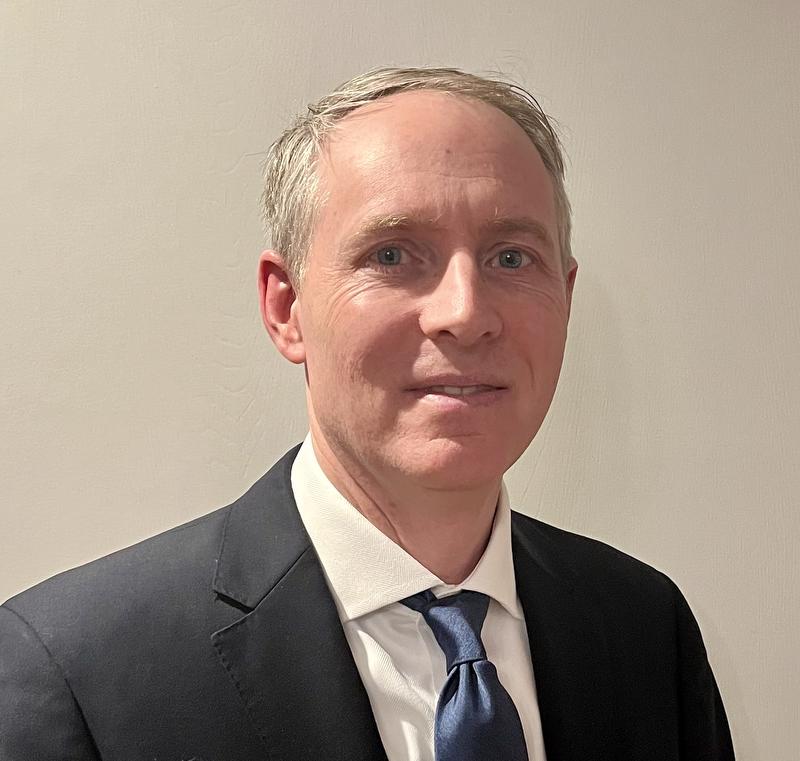 Funded Projects · News
Funded Projects · News
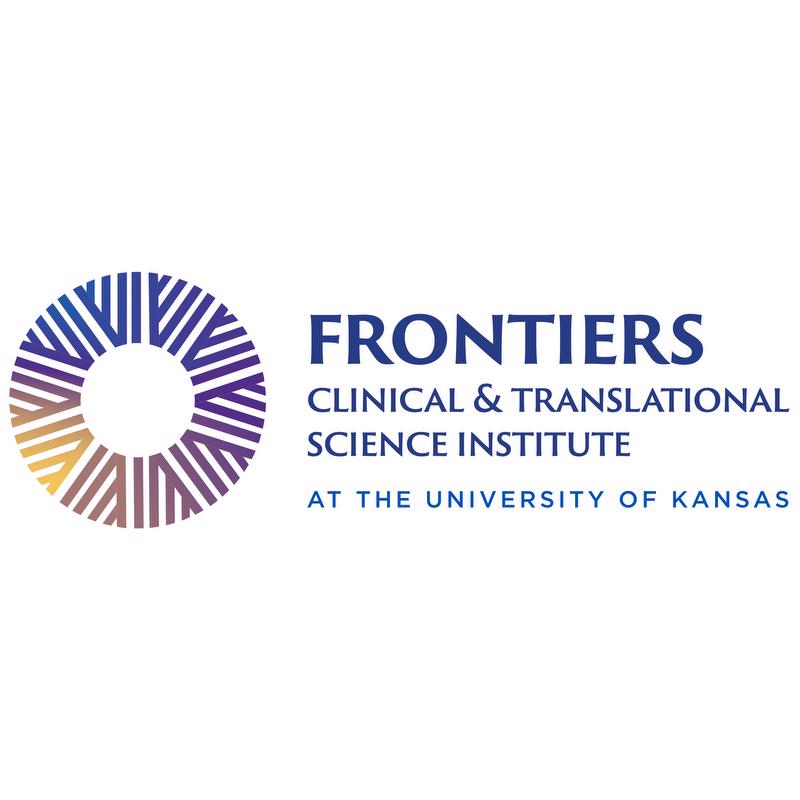 Events · News
Events · News
 Funded Projects · News
Funded Projects · News
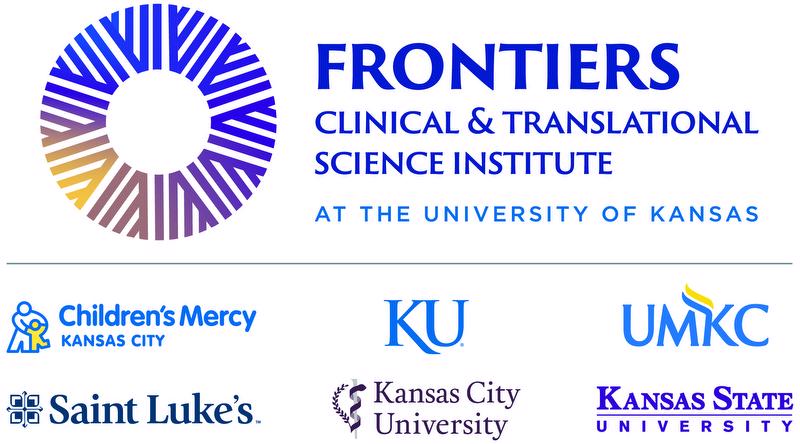
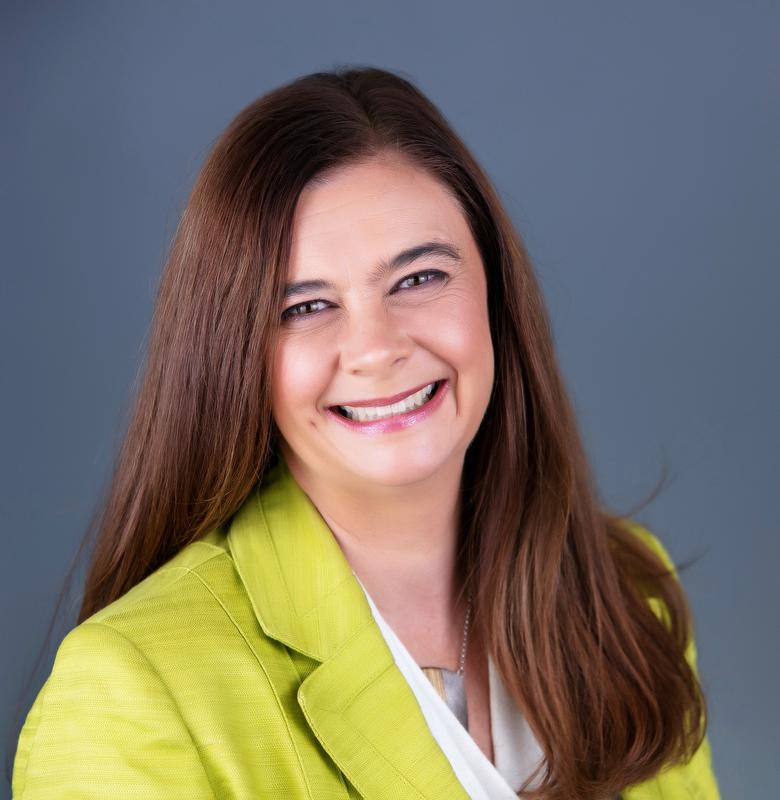 Funded Projects · News
Funded Projects · News
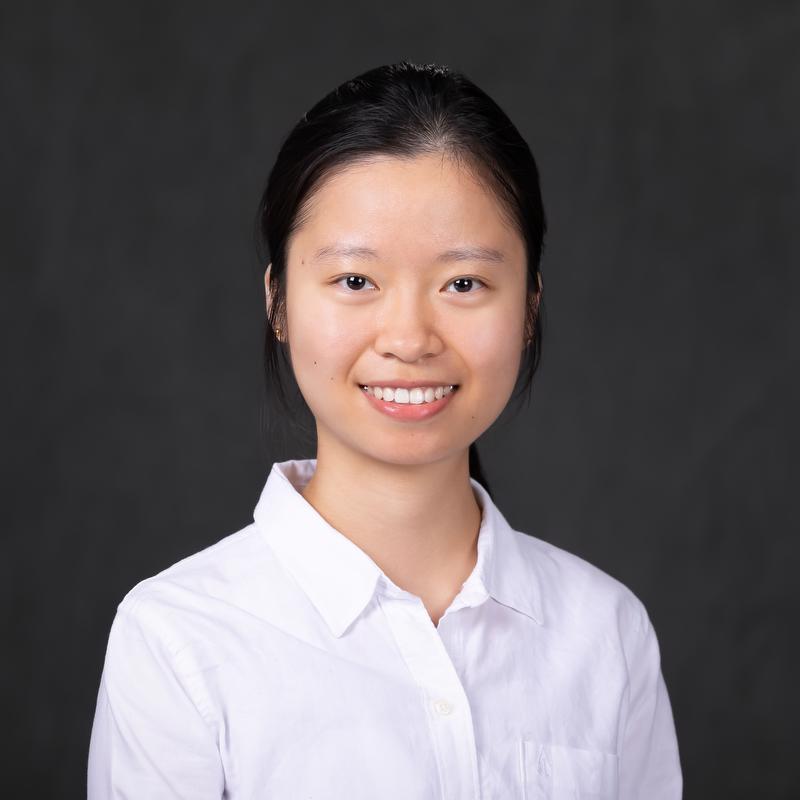 TL1 Trainee · News
TL1 Trainee · News
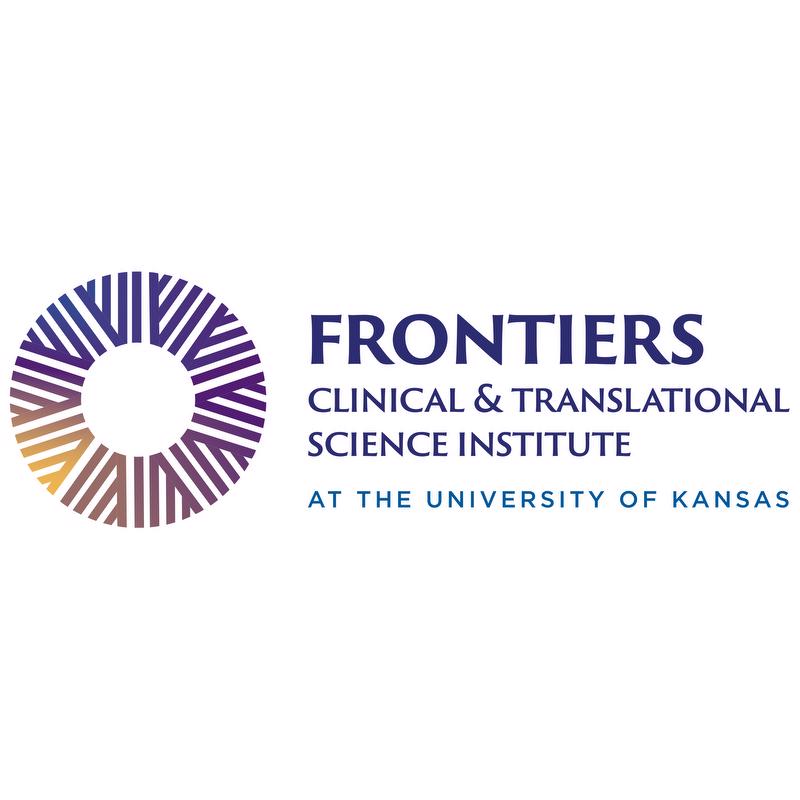 News · In the Community · Funded Projects
News · In the Community · Funded Projects
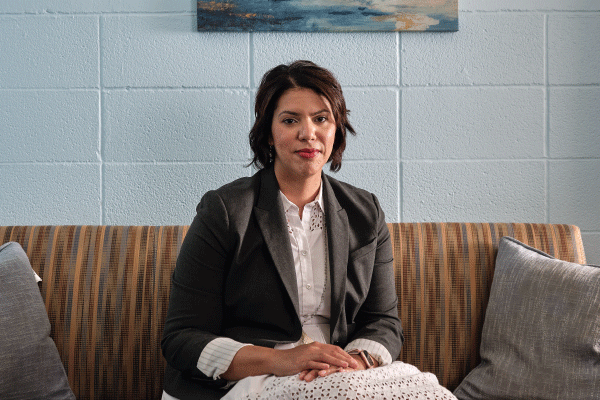 Funded Projects · News
Funded Projects · News
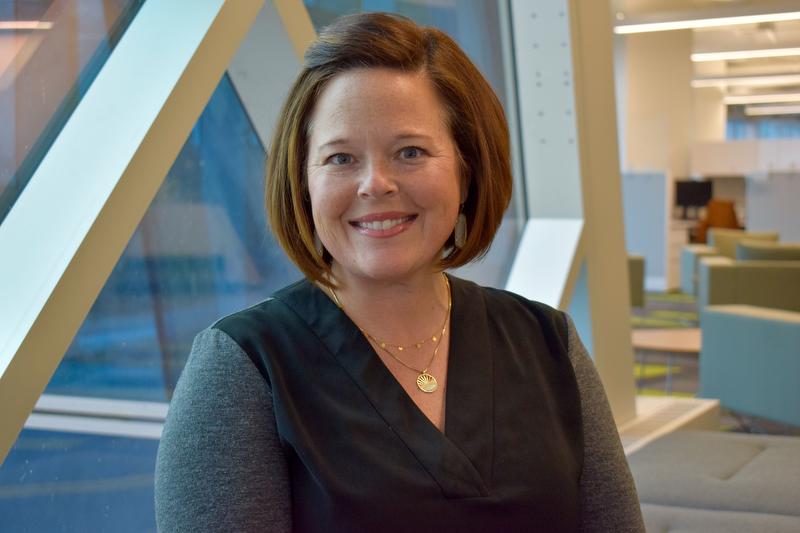 KL2 Scholar · News
KL2 Scholar · News
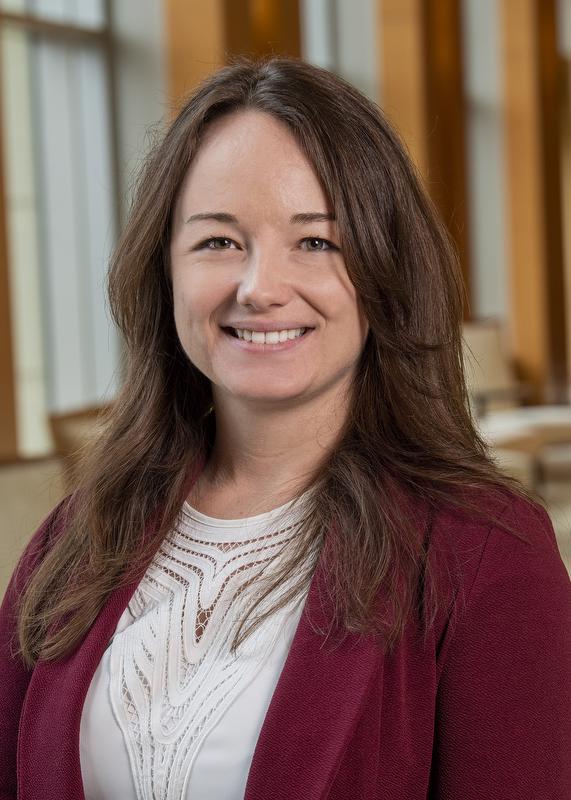 TL1 Trainee · News
TL1 Trainee · News
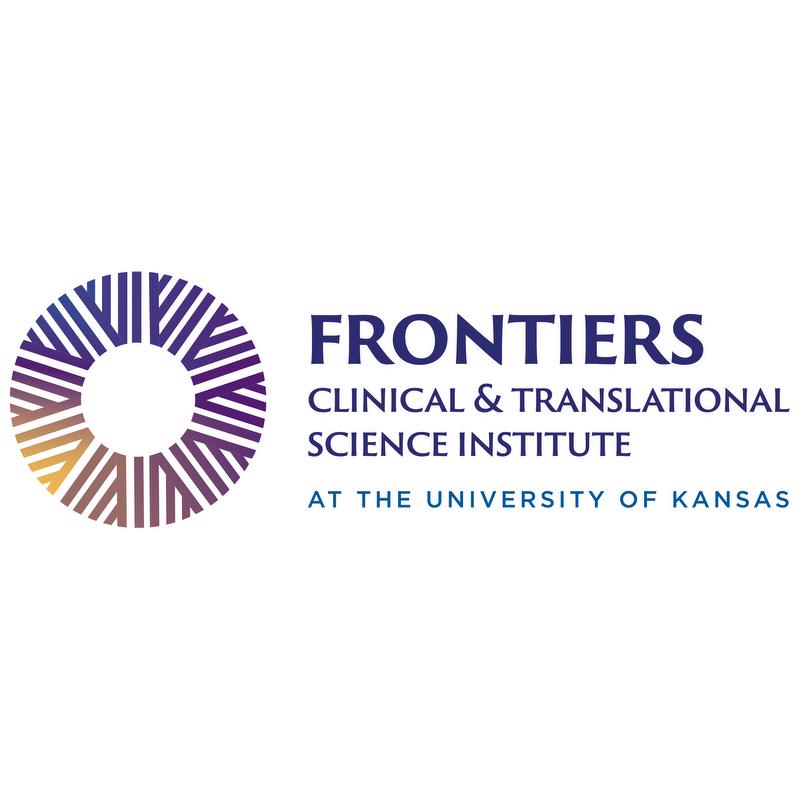 News
News
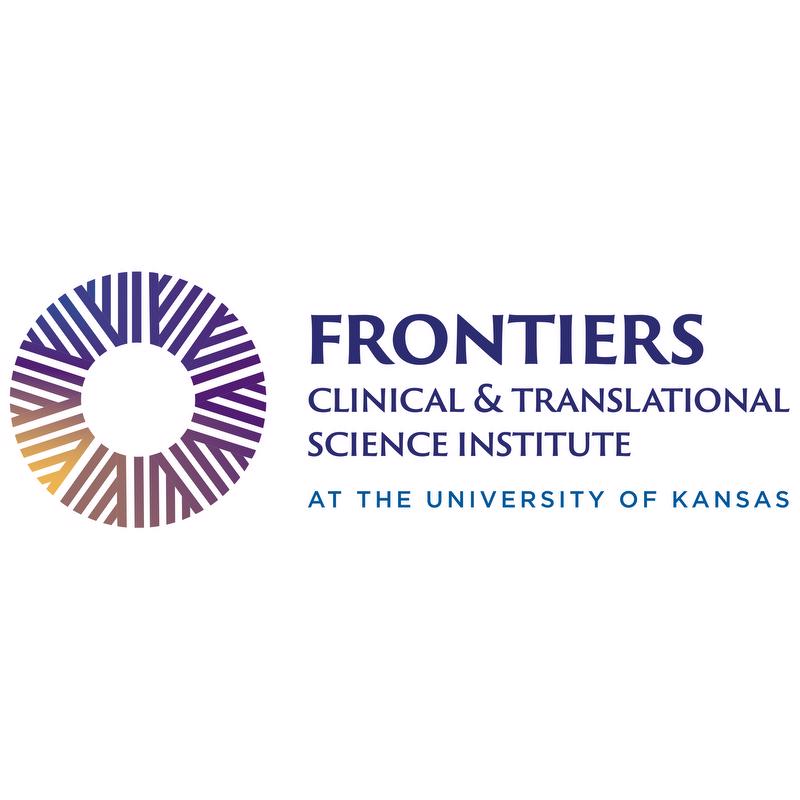 News
News
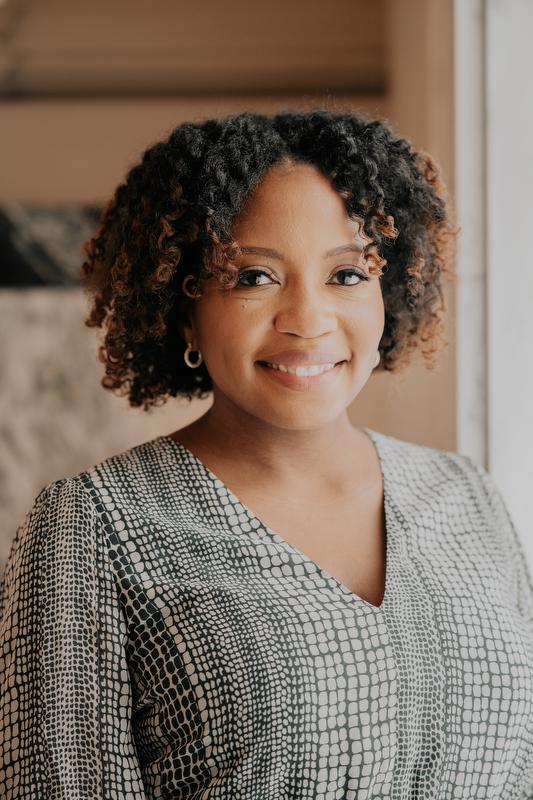 KL2 Scholar · News
KL2 Scholar · News
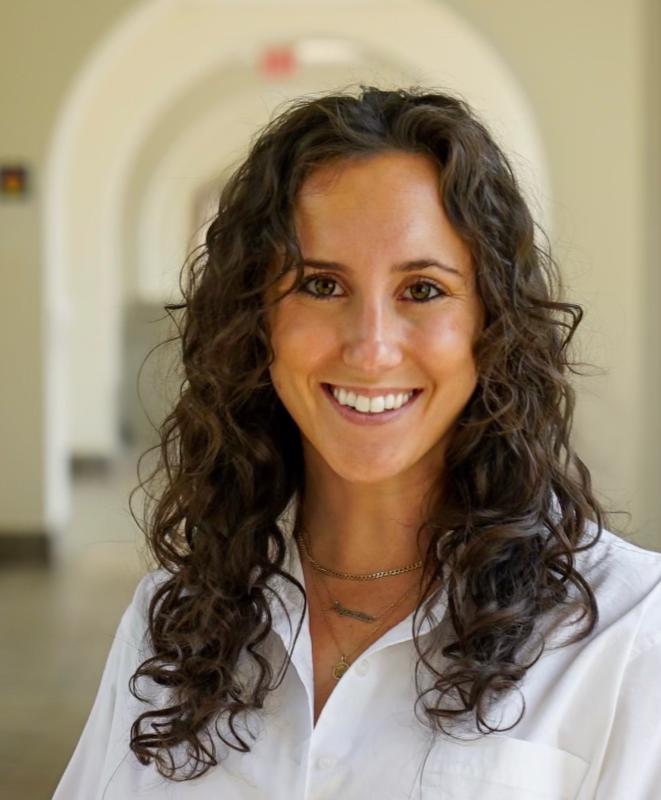 TL1 Trainee · News
TL1 Trainee · News
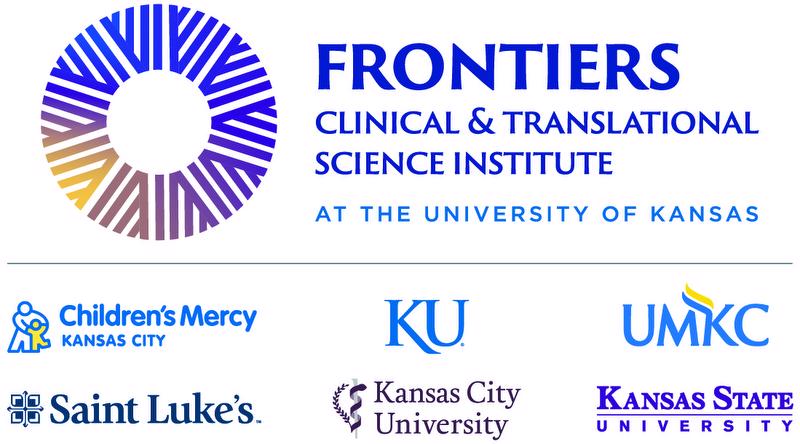 News
News
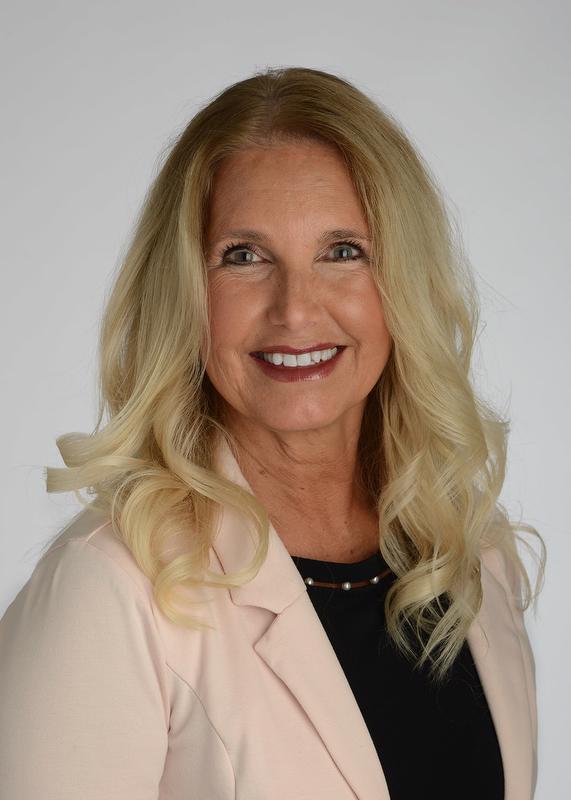 News
News
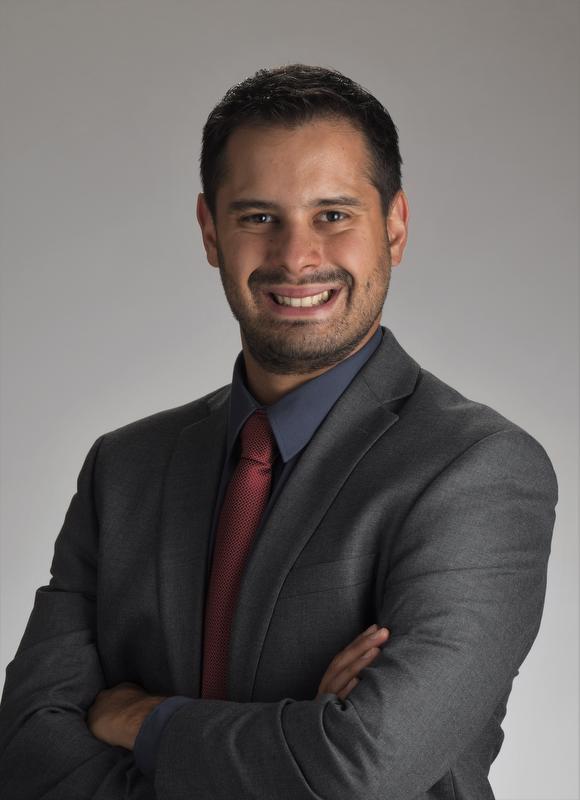 Funded Projects · News
Funded Projects · News
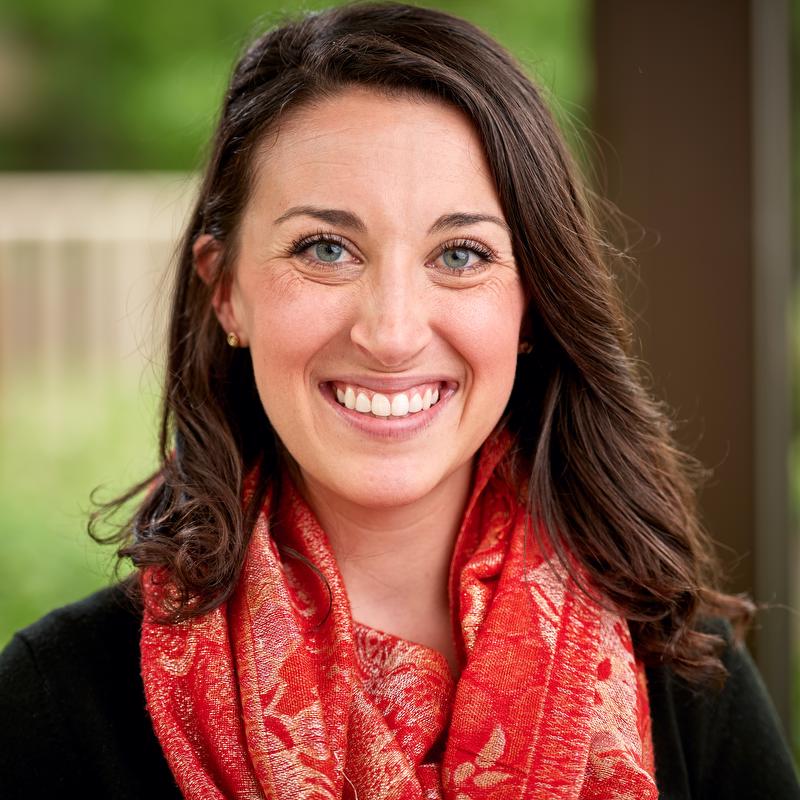 Events · News
Events · News
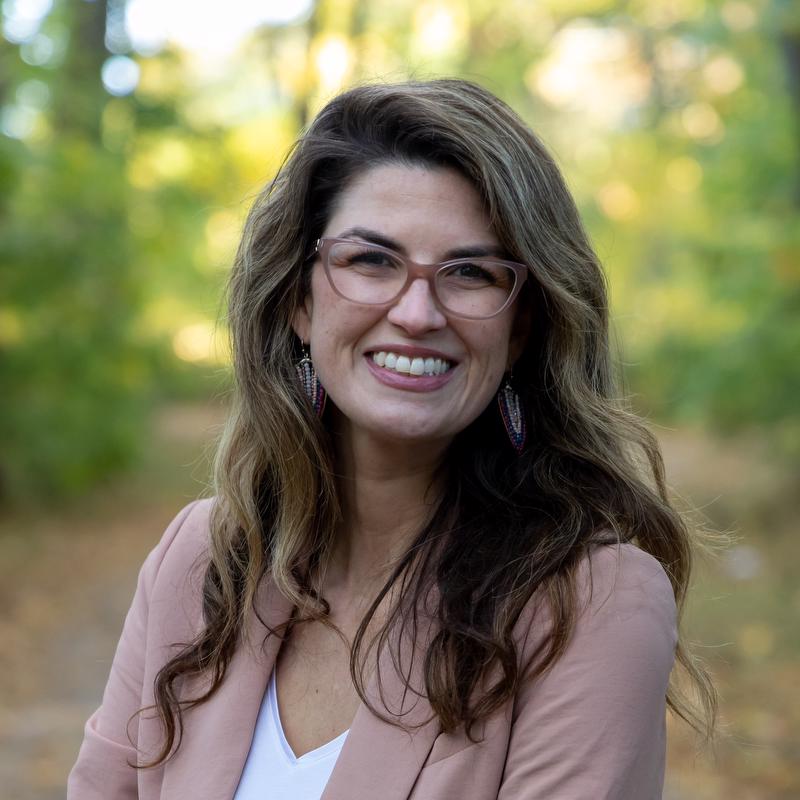
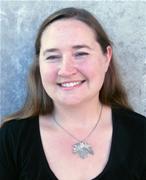 KL2 Scholar · News
KL2 Scholar · News
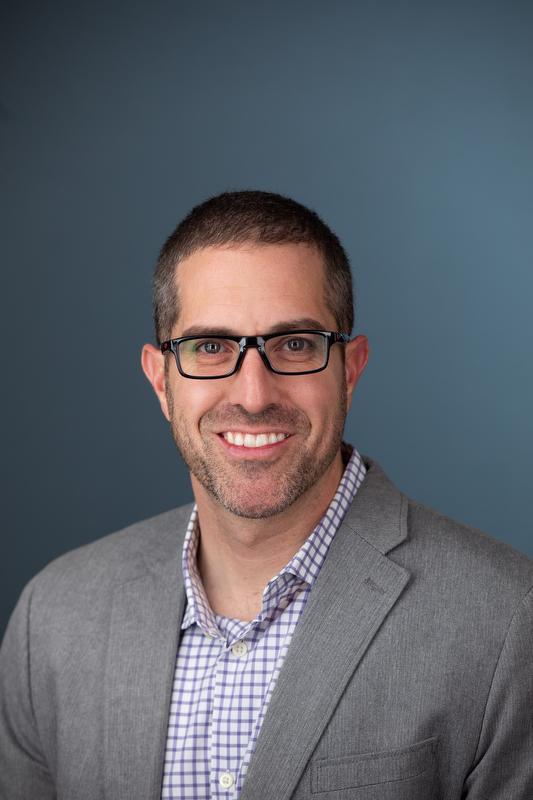 News
News

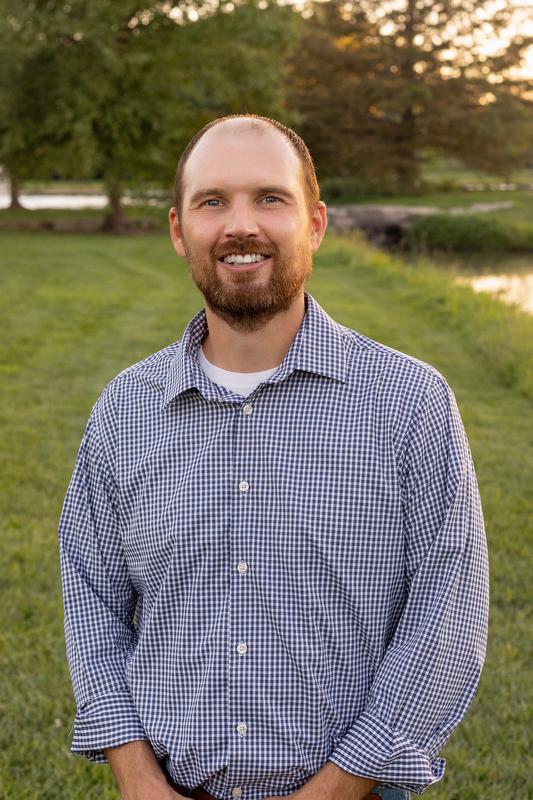 Funded Projects · News
Funded Projects · News
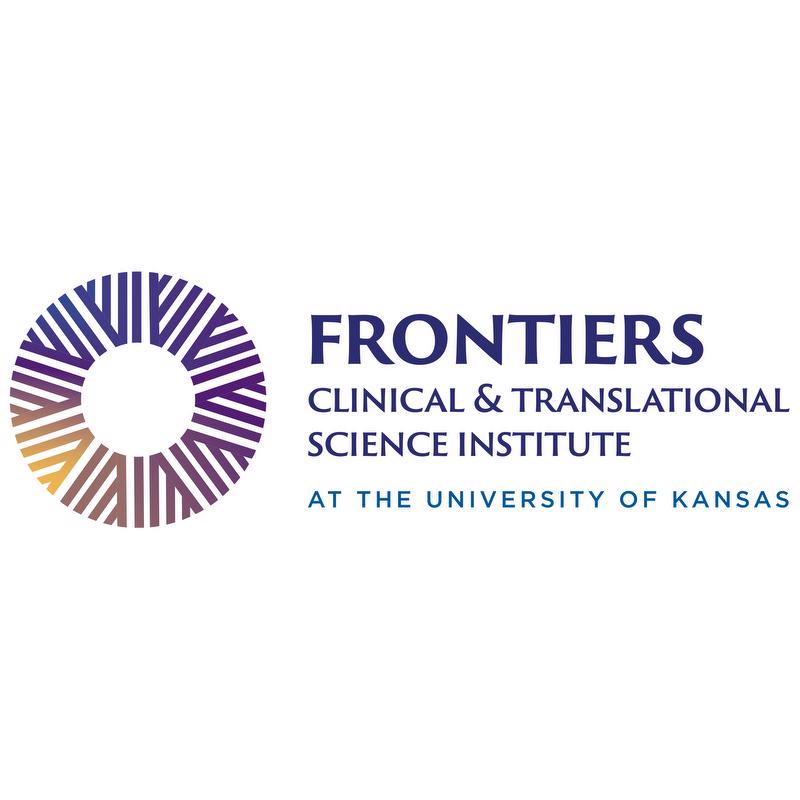 News
News
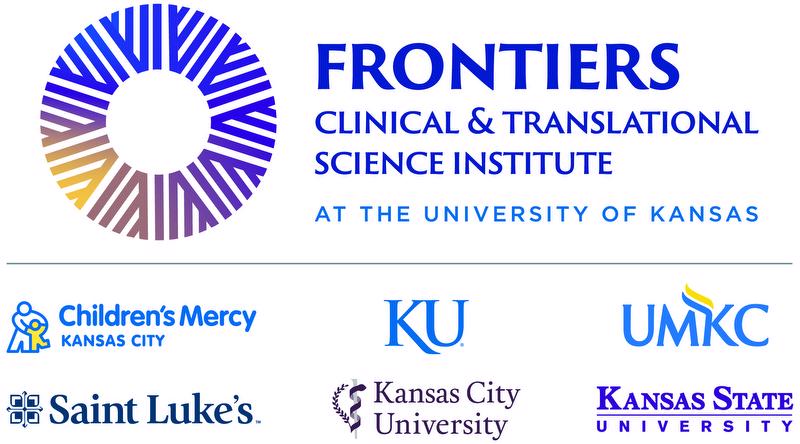 Partner News · News
Partner News · News
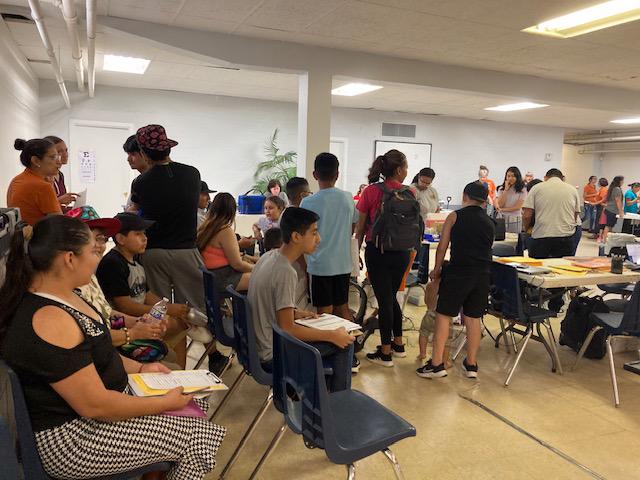 News · In the Community
News · In the Community
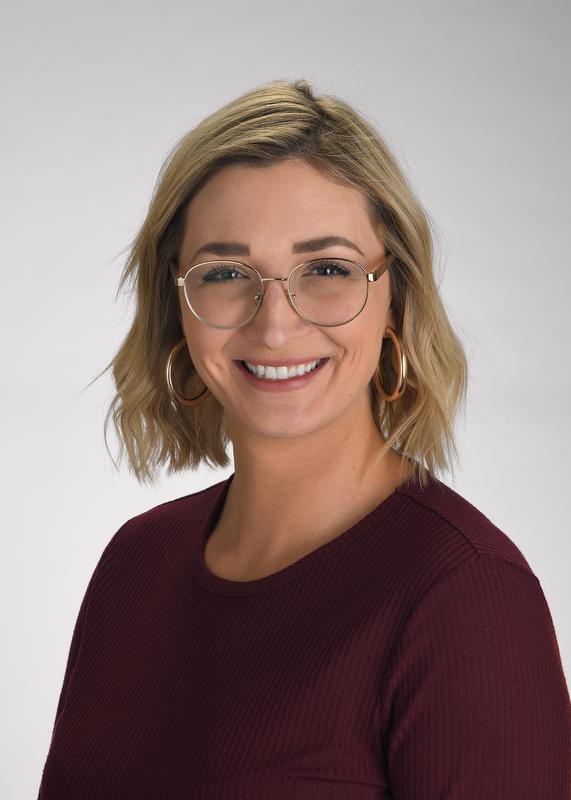
 0
0

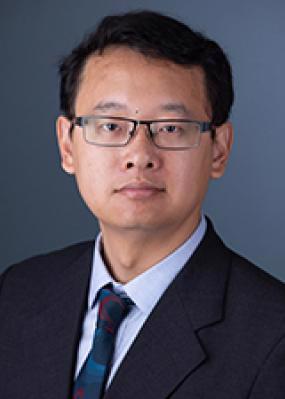 Funded Projects · News
Funded Projects · News
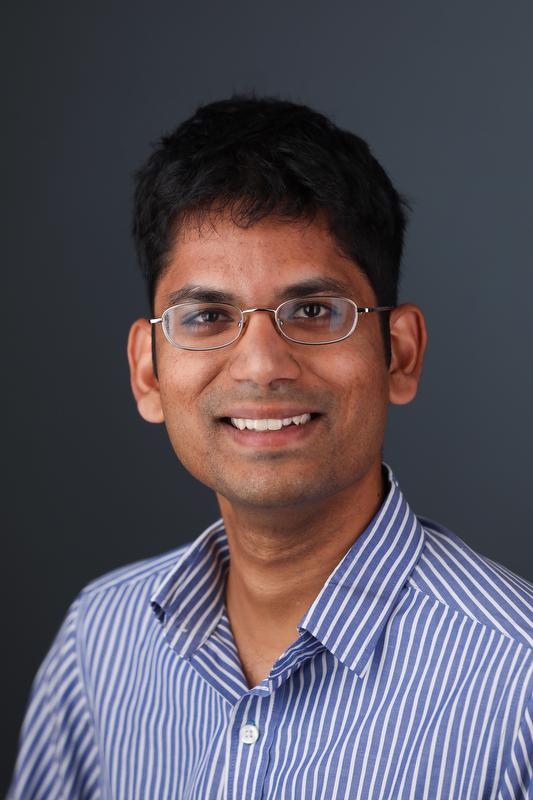 Funded Projects · News
Funded Projects · News
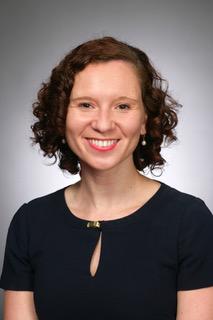 News
News
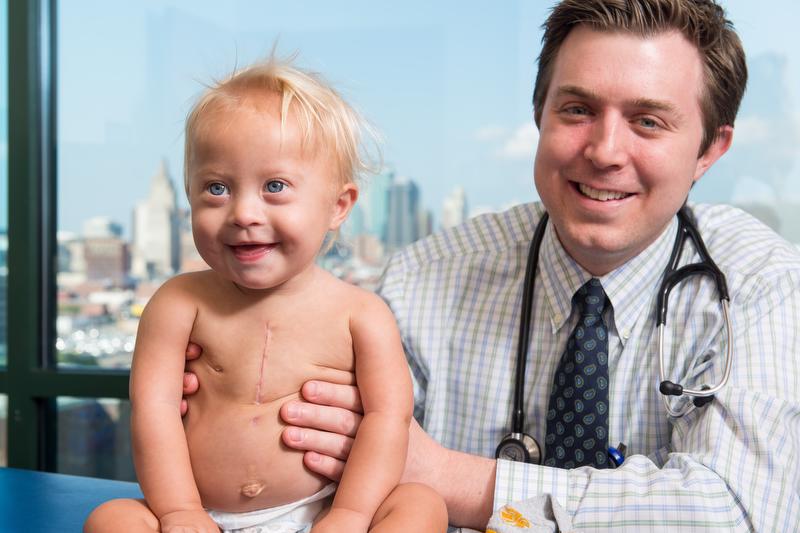 Funded Projects · News
Funded Projects · News
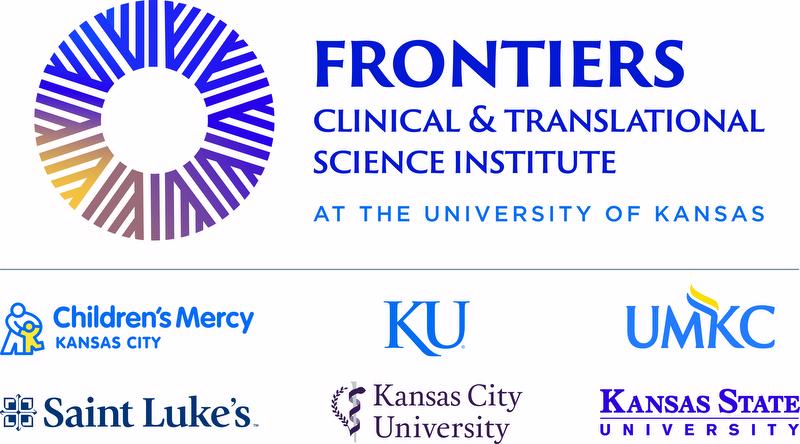 Funded Projects · News
Funded Projects · News
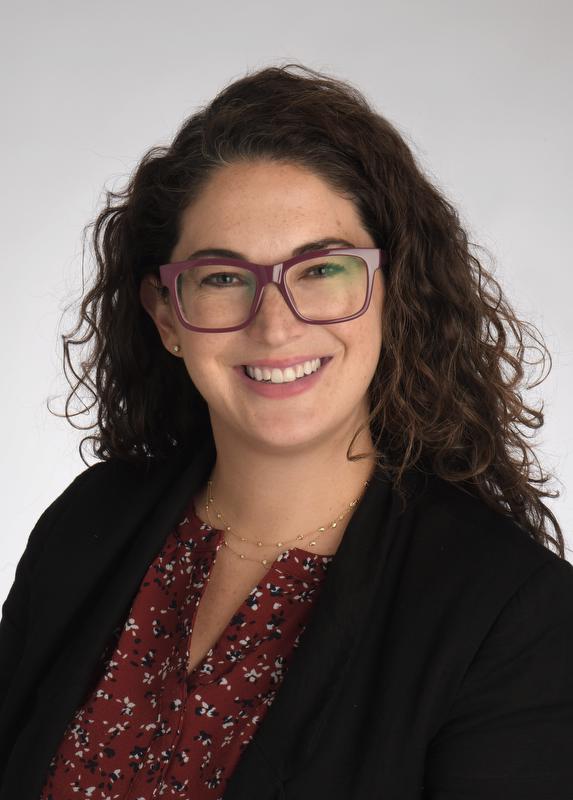 News
News
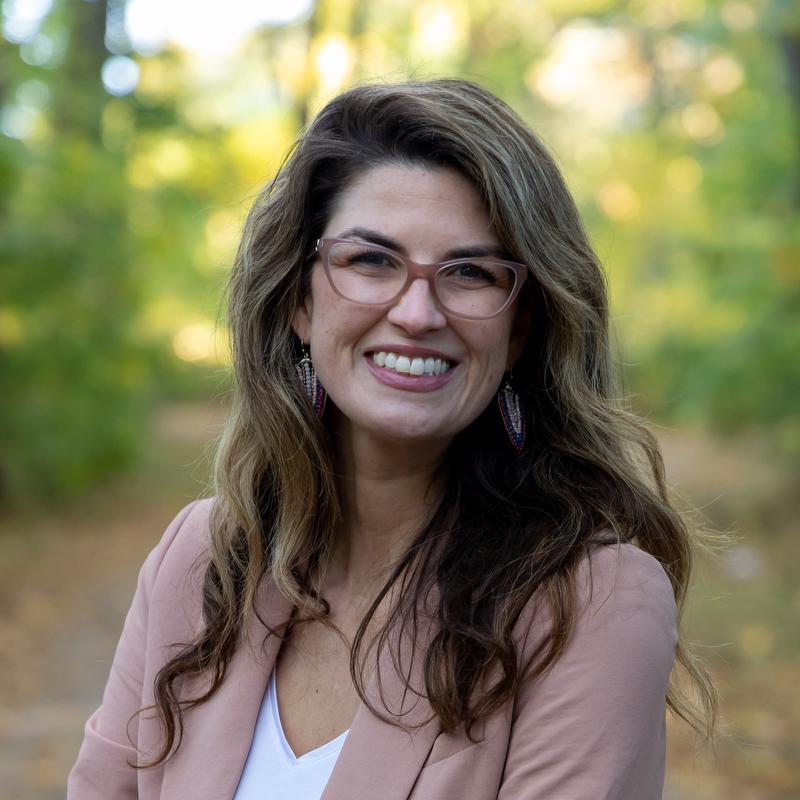 Events · News
Events · News
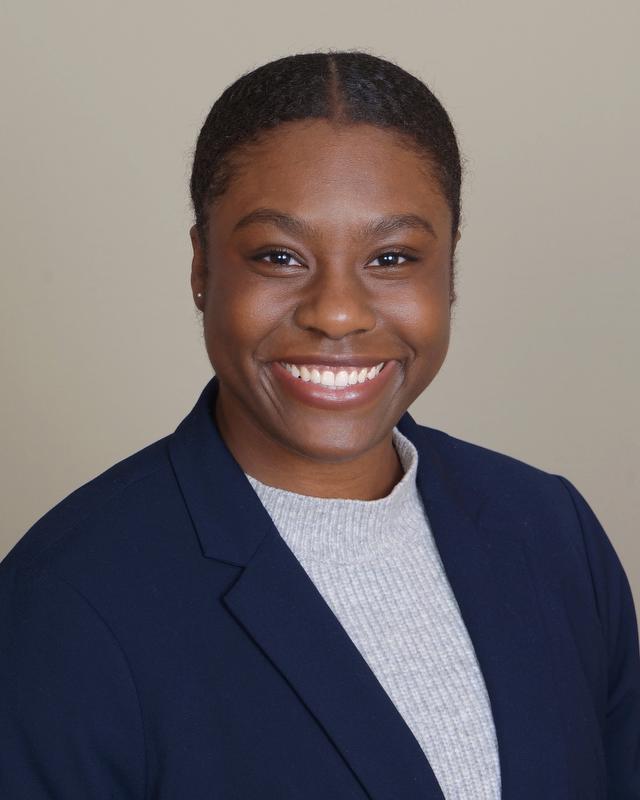 TL1 Trainee · News
TL1 Trainee · News
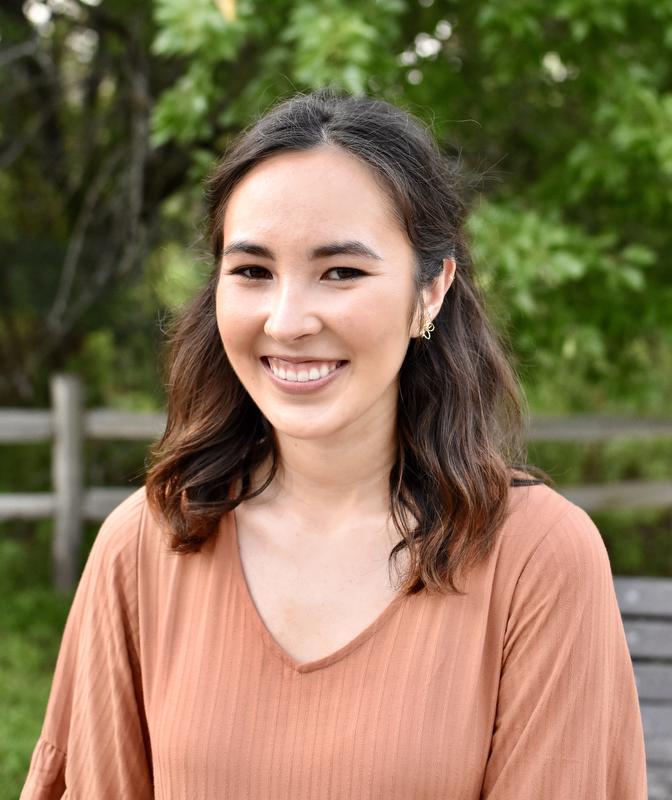 TL1 Trainee · News
TL1 Trainee · News
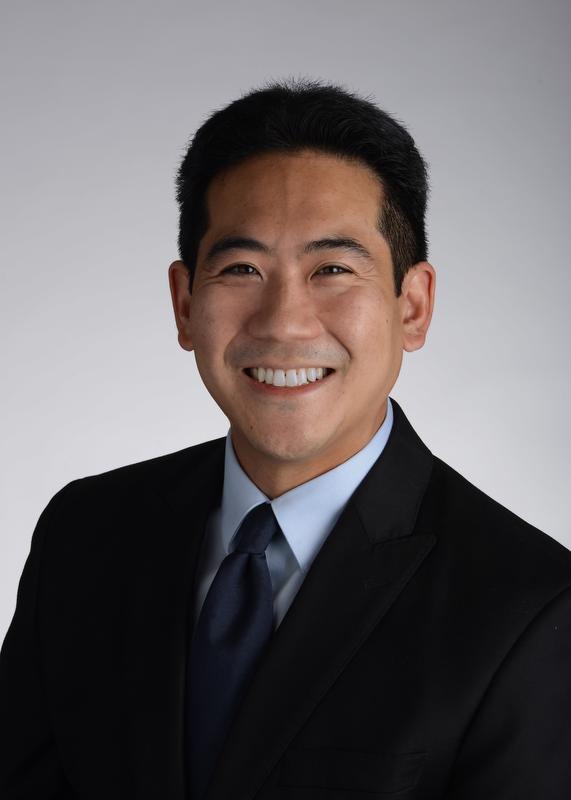 News
News
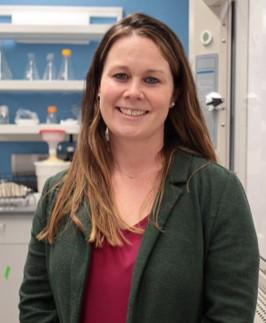 Funded Projects · News
Funded Projects · News
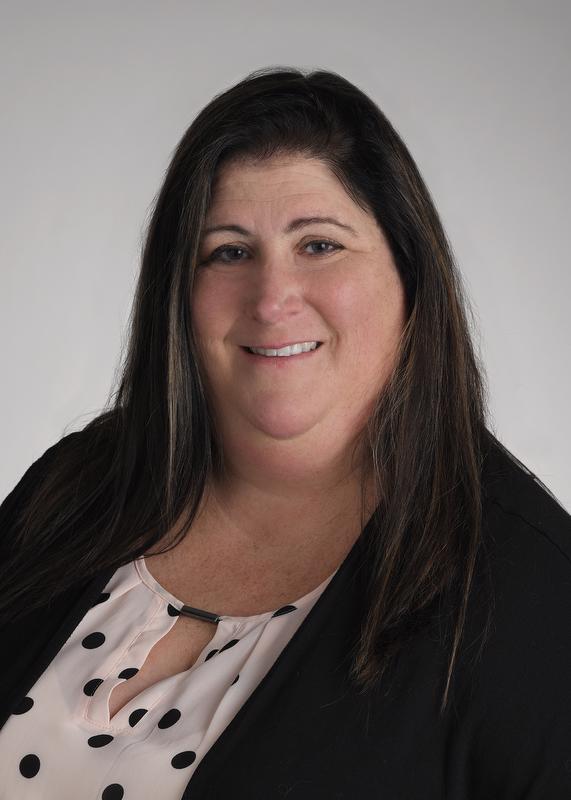 News
News
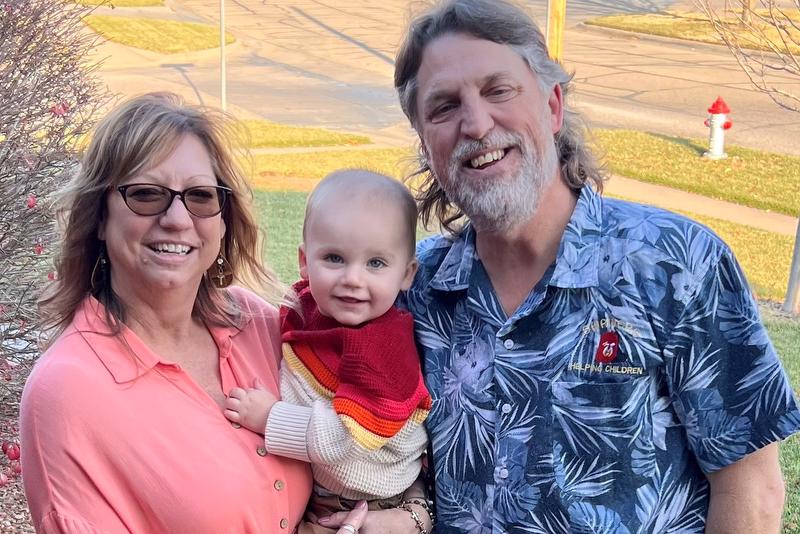 Partner News · News
Partner News · News
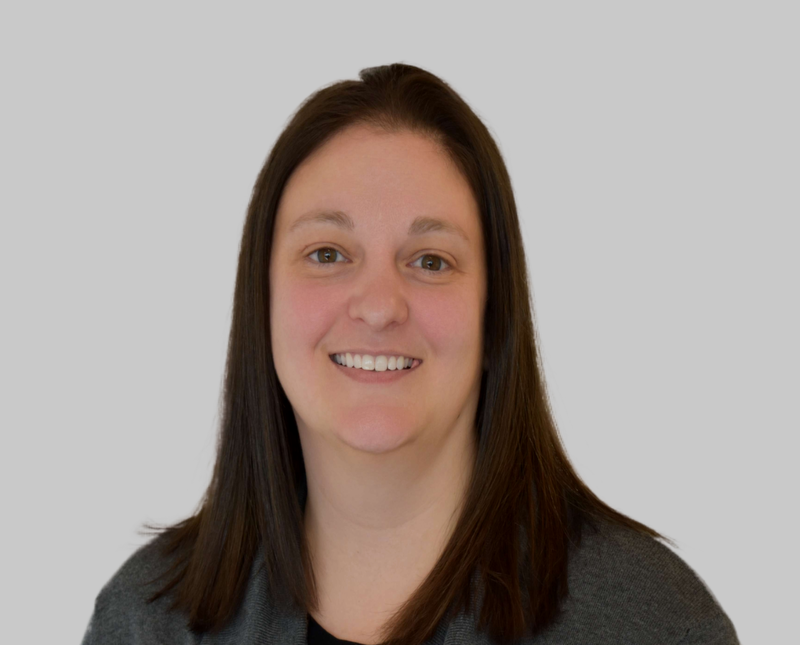 TL1 Trainee · News
TL1 Trainee · News
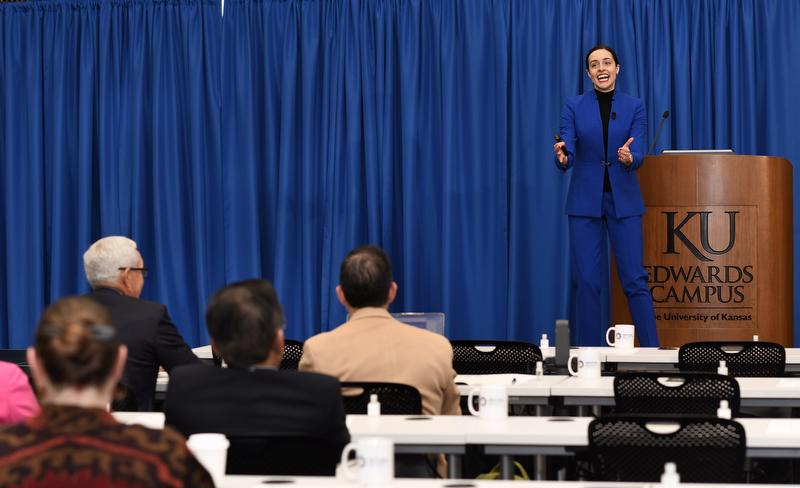 Events · News
Events · News
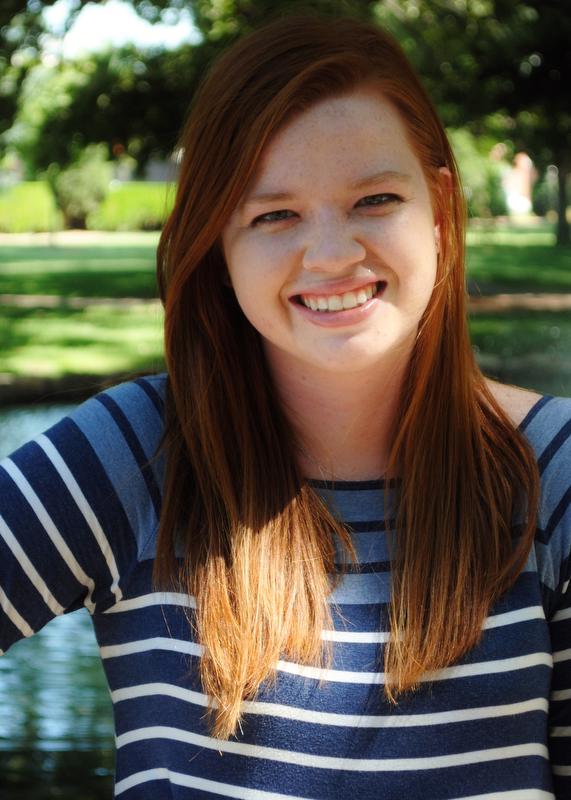 KL2 Scholar · News
KL2 Scholar · News
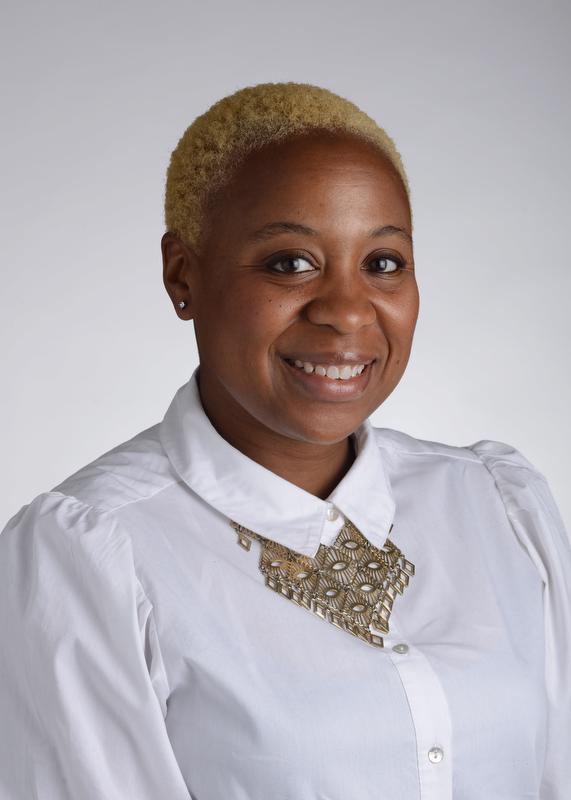 News
News
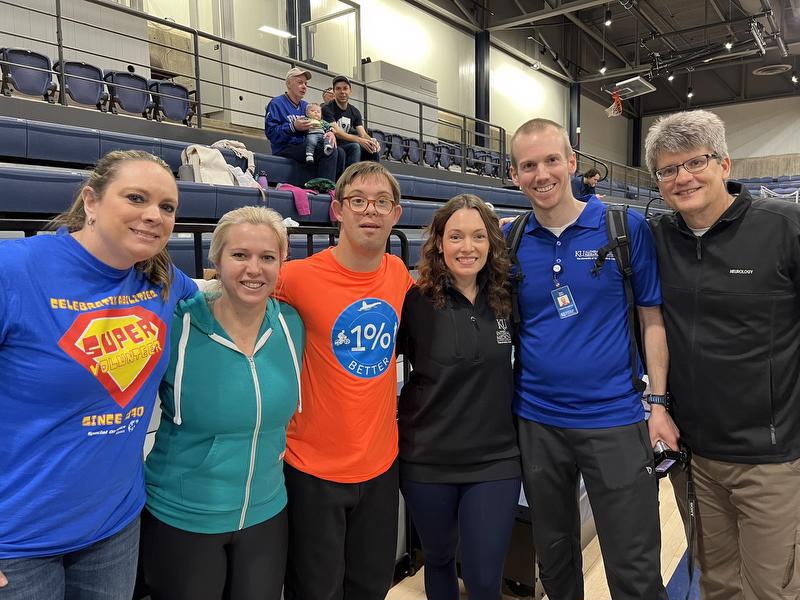 TL1 Trainee · News
TL1 Trainee · News
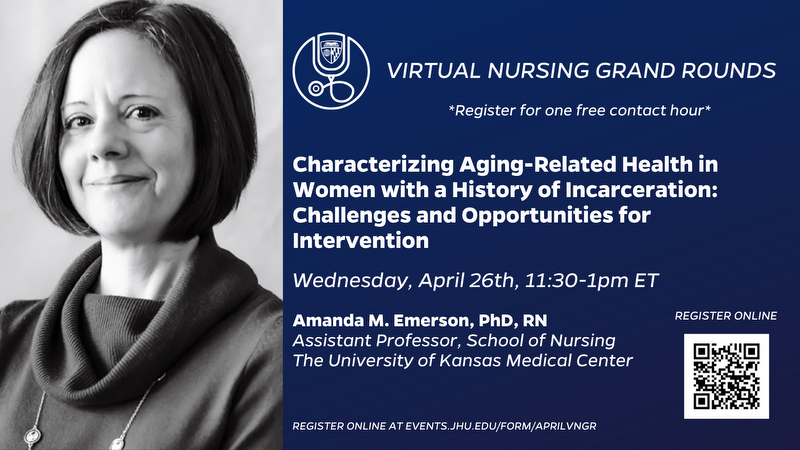 News · KL2 Scholar
News · KL2 Scholar
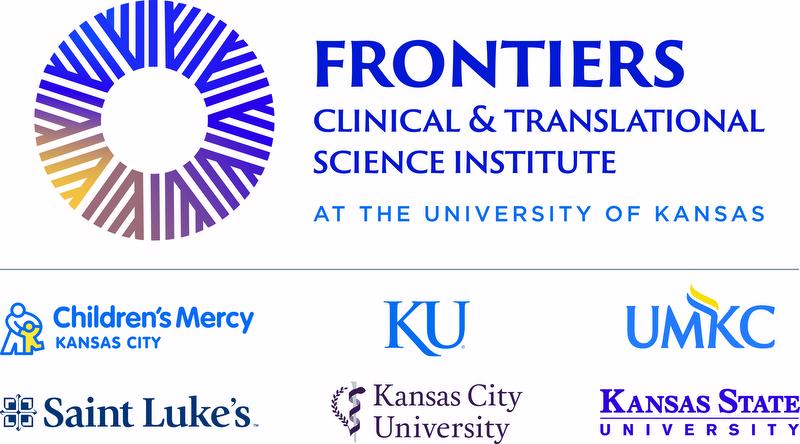
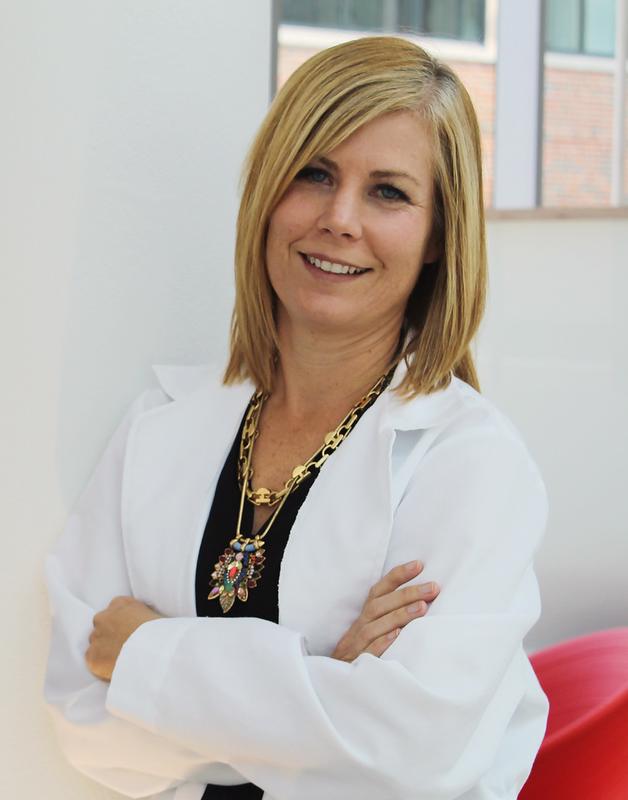 TL1 Trainee · News
TL1 Trainee · News
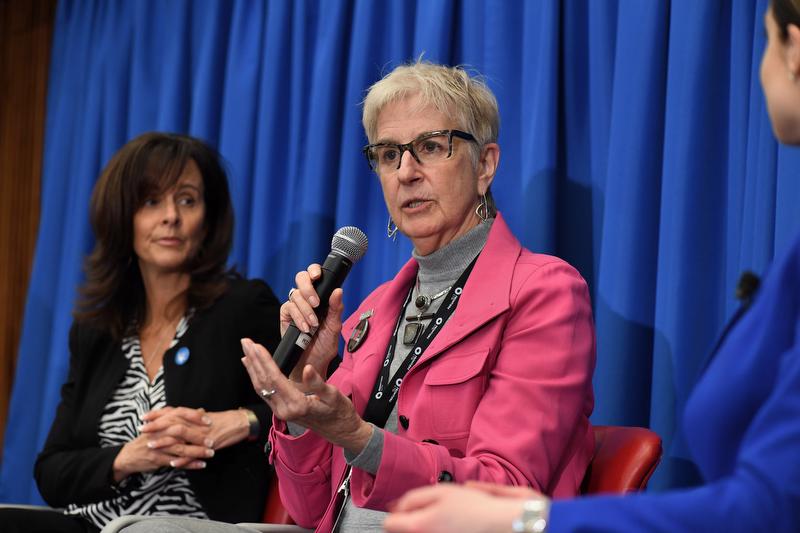 Events · News
Events · News
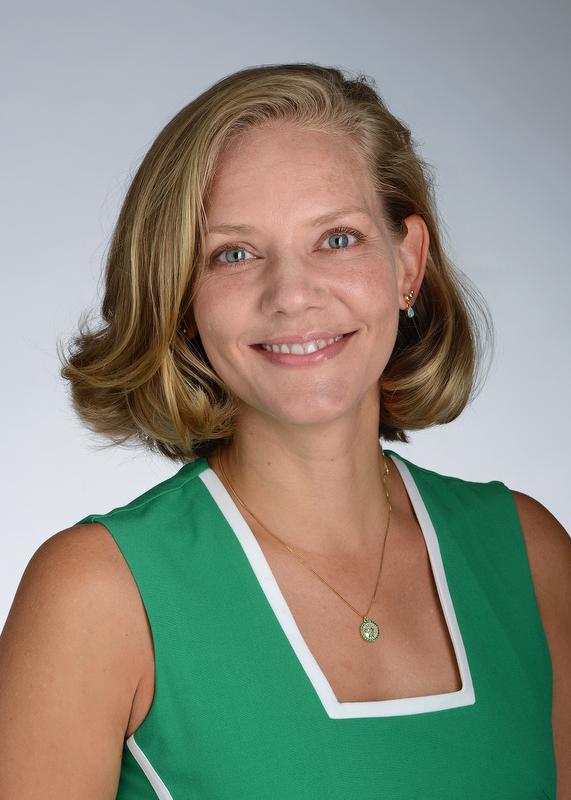 News
News
 News
News
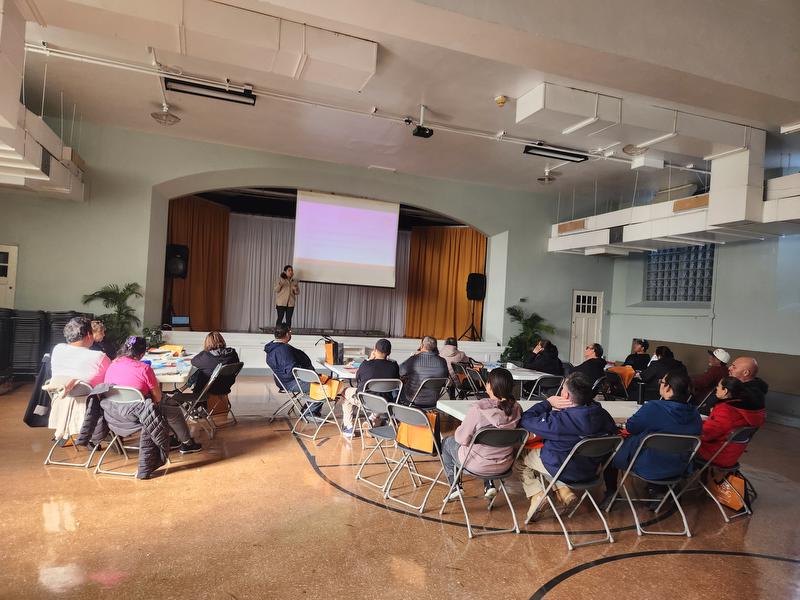

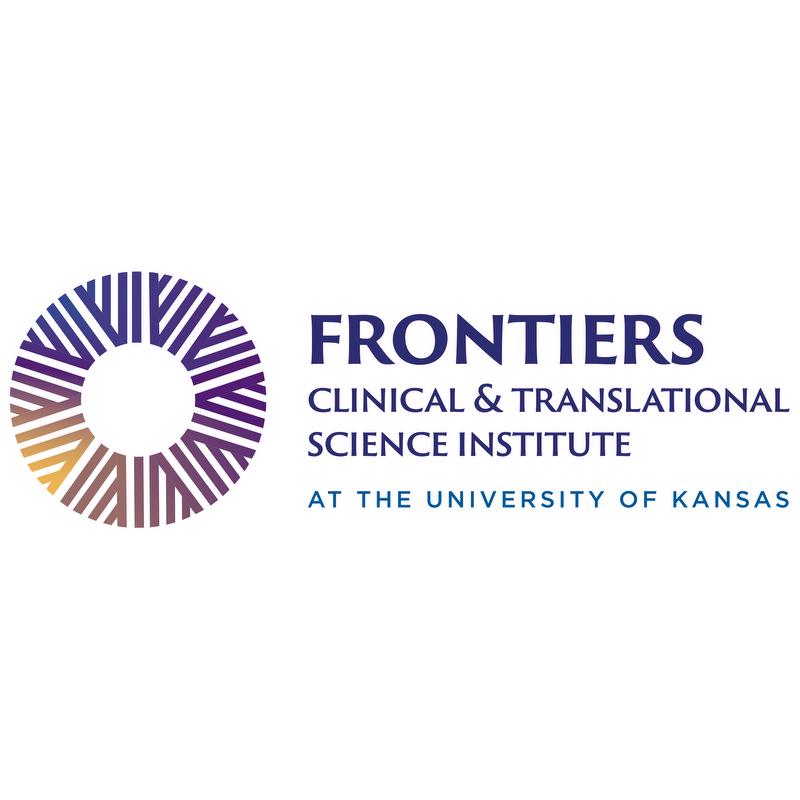 News
News
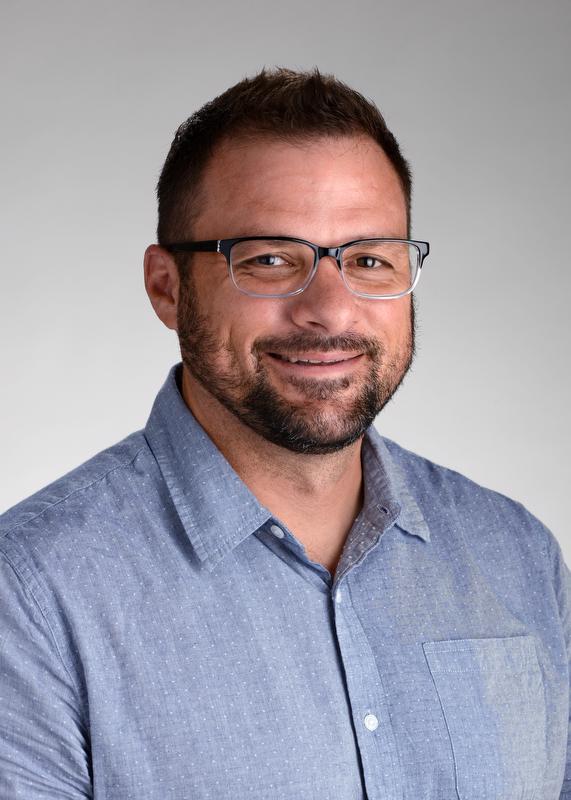
 40
40

 News
News
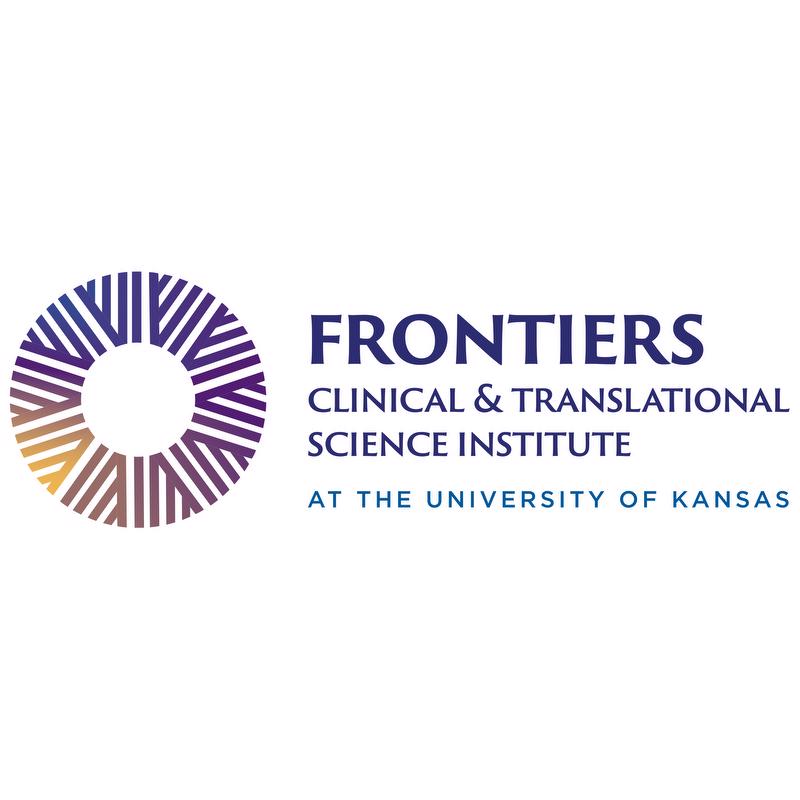 News
News
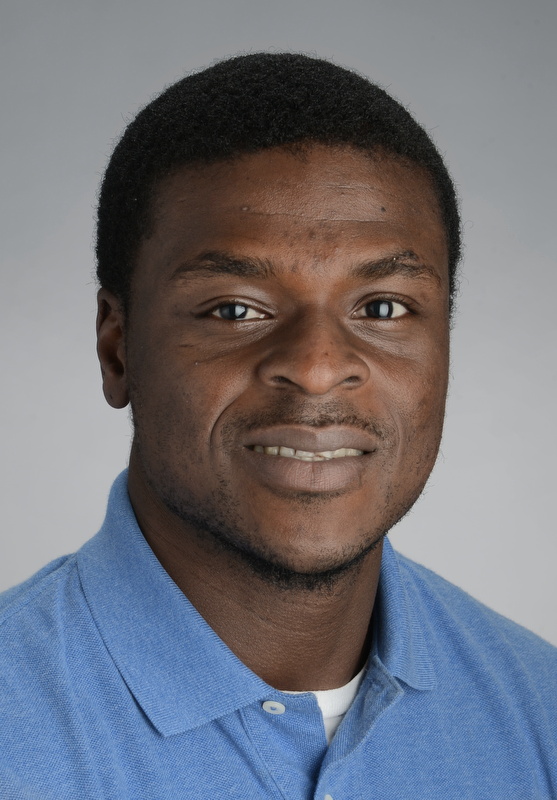 TL1 Trainee · News
TL1 Trainee · News
 News
News
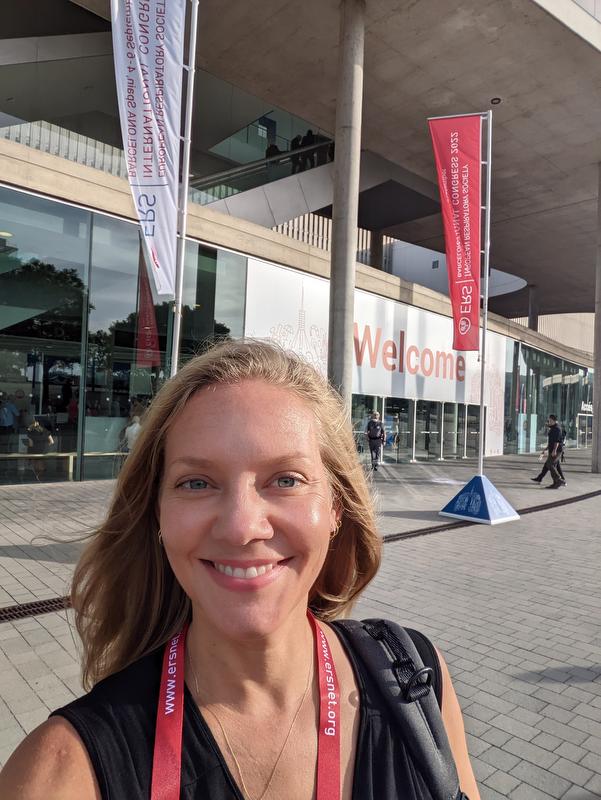 Funded Projects · News
Funded Projects · News
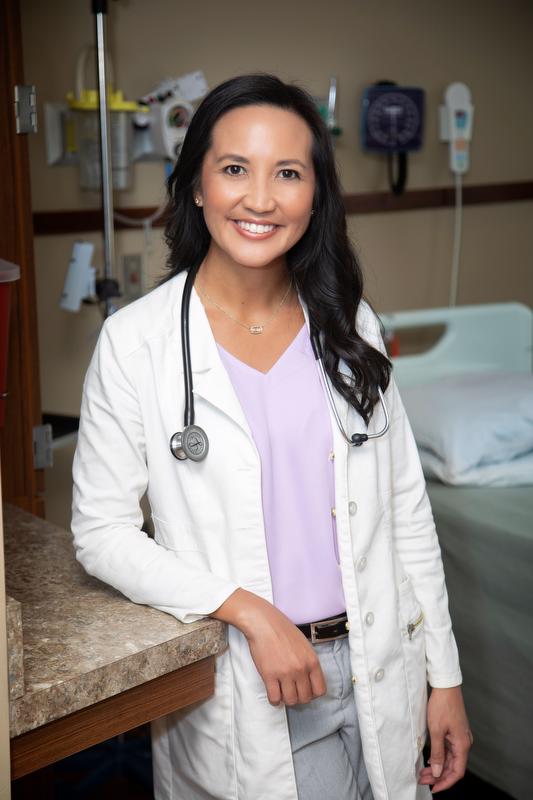 News · In the Community
News · In the Community
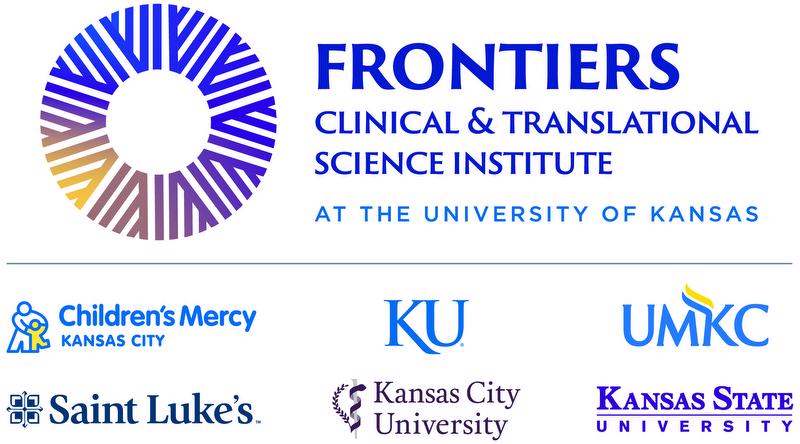 Funded Projects · News
Funded Projects · News
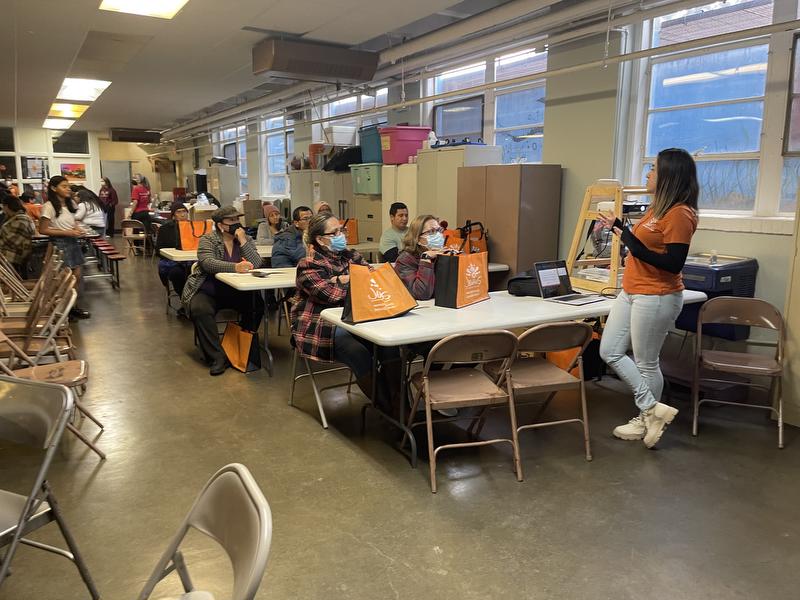 In the Community
In the Community
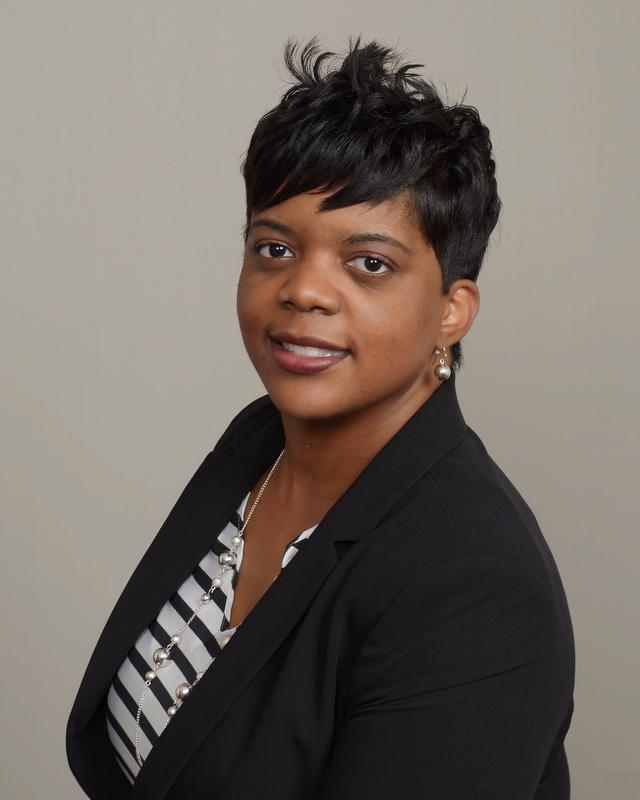 News · In the Community · Partner News
News · In the Community · Partner News
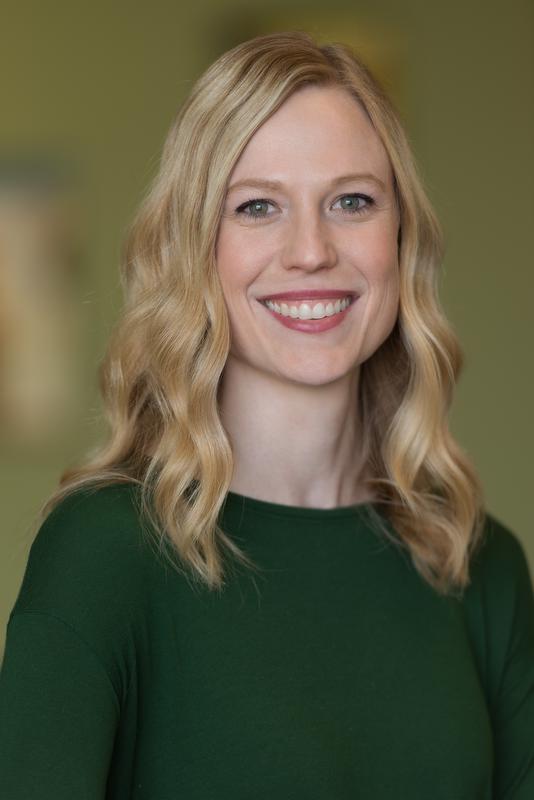 KL2 Scholar · News
KL2 Scholar · News
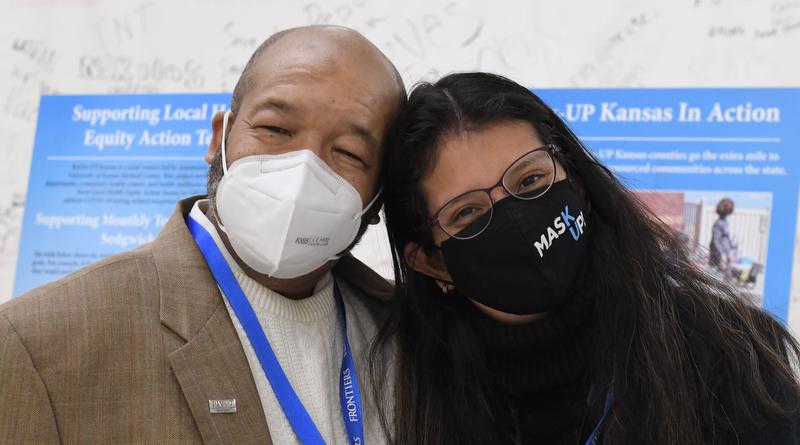 News · In the Community
News · In the Community
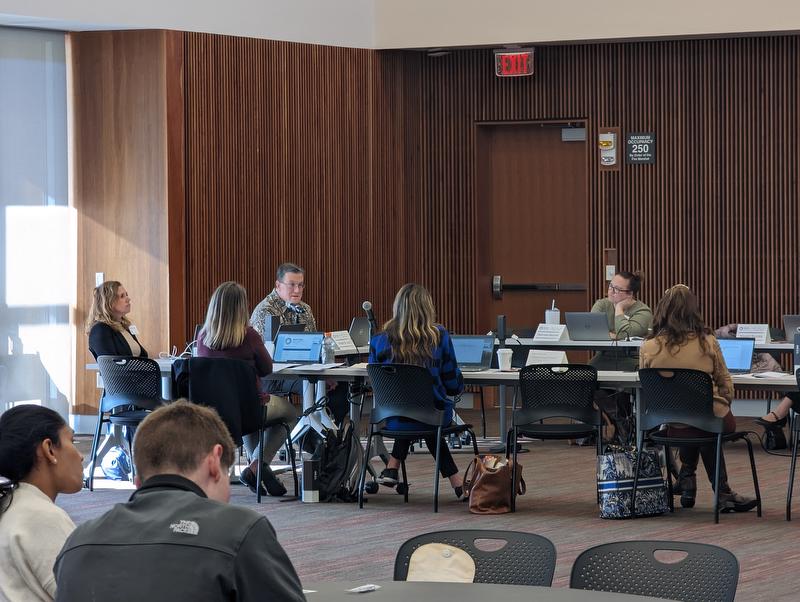 Events · News · Services
Events · News · Services
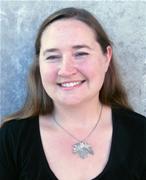 Funded Projects · News
Funded Projects · News
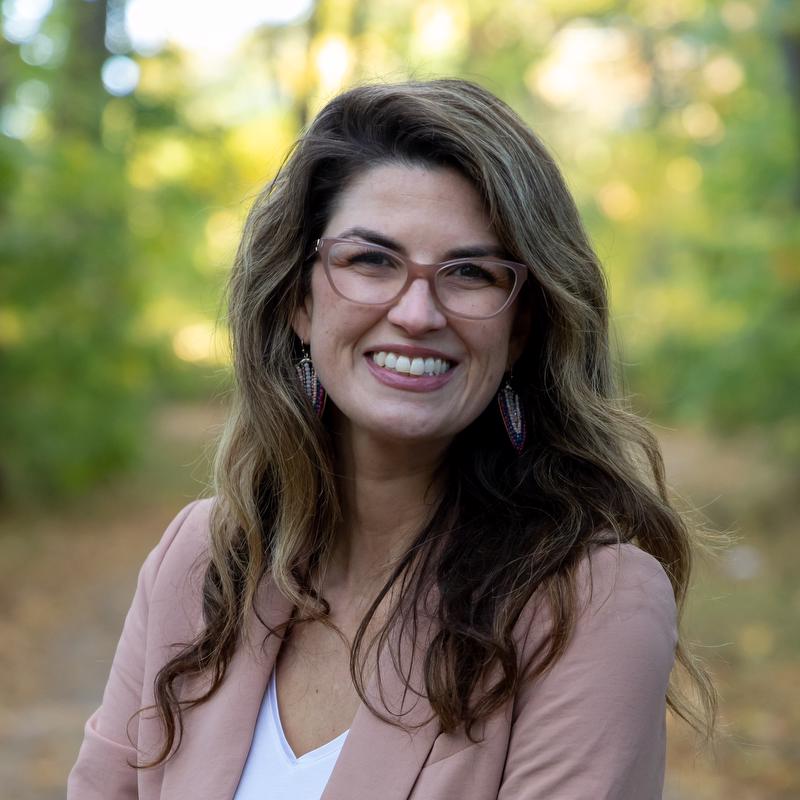 KL2 Scholar · Funded Projects · News
KL2 Scholar · Funded Projects · News
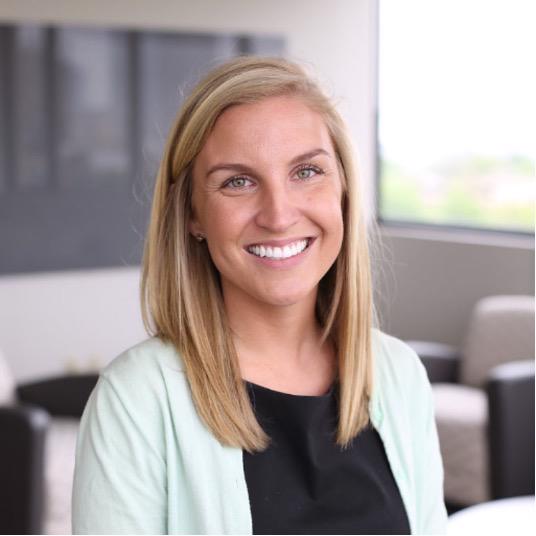 TL1 Trainee · Funded Projects · News
TL1 Trainee · Funded Projects · News
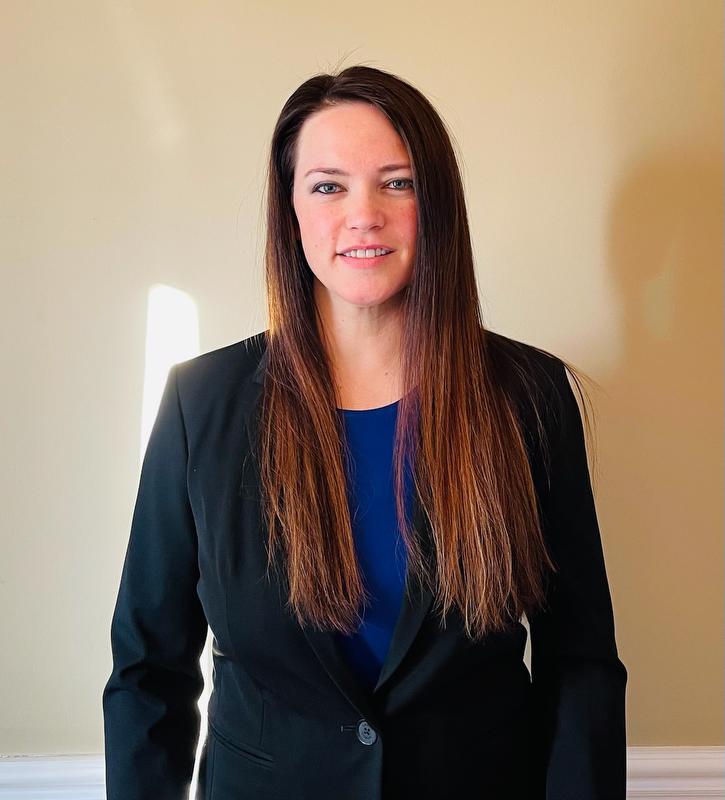 News
News
 News
News
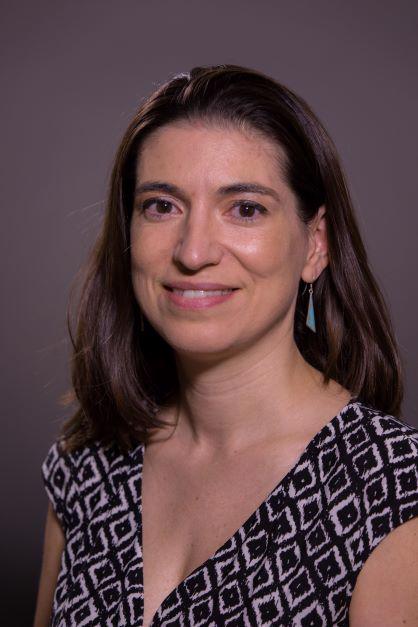 KL2 Scholar · Funded Projects
KL2 Scholar · Funded Projects
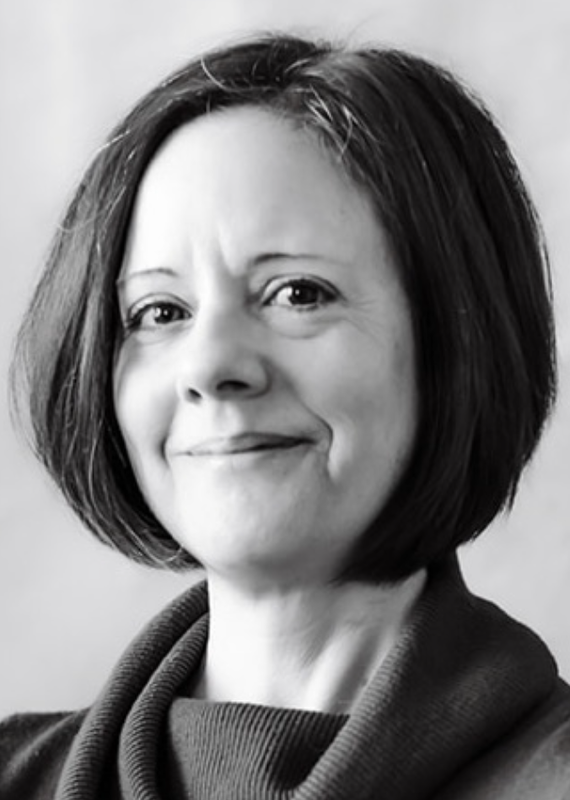 KL2 Scholar · Funded Projects
KL2 Scholar · Funded Projects
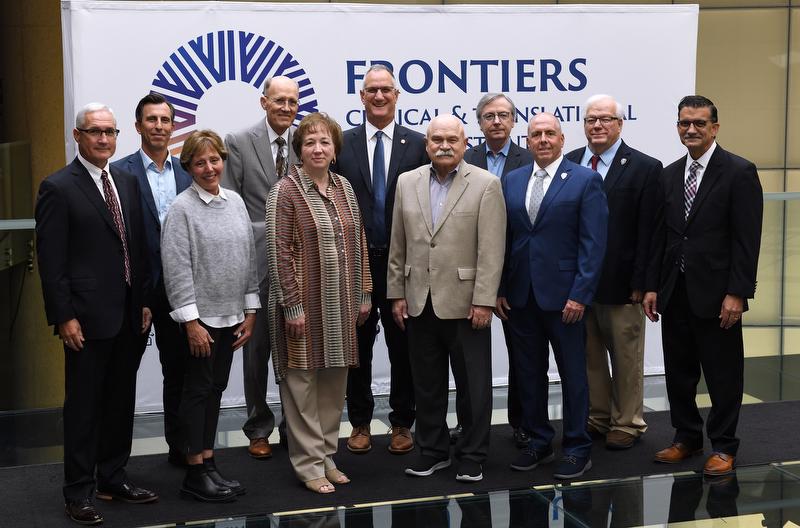 Events · News
Events · News
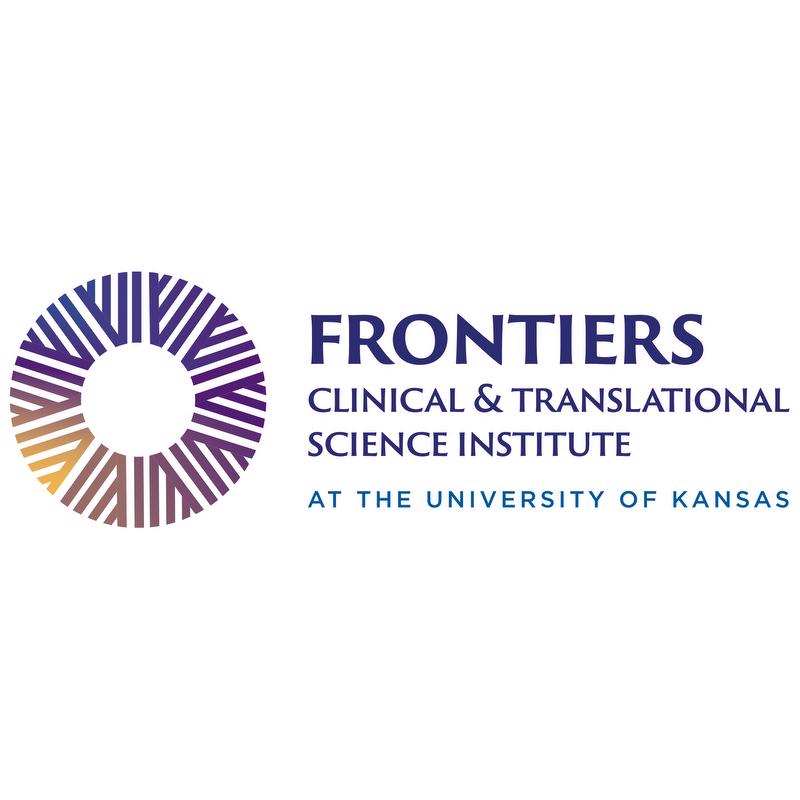 News
News
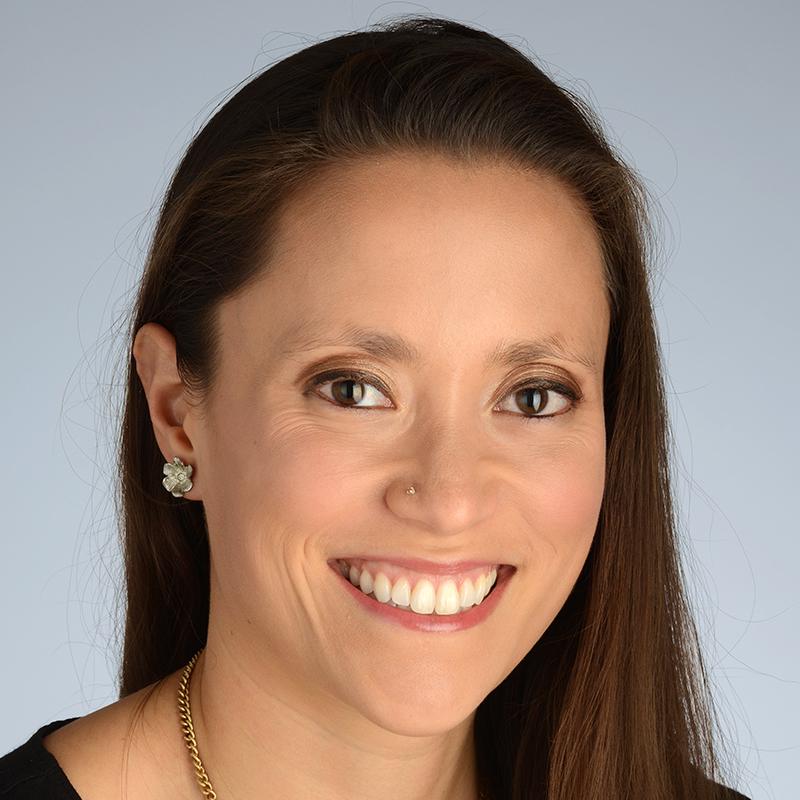 KL2 Scholar · Funded Projects
KL2 Scholar · Funded Projects
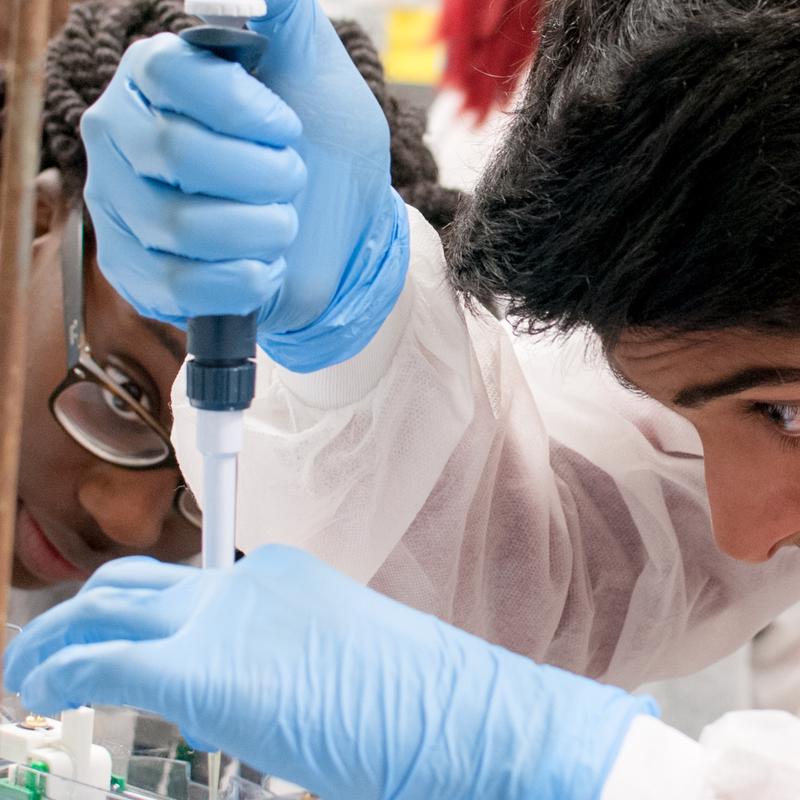 News
News
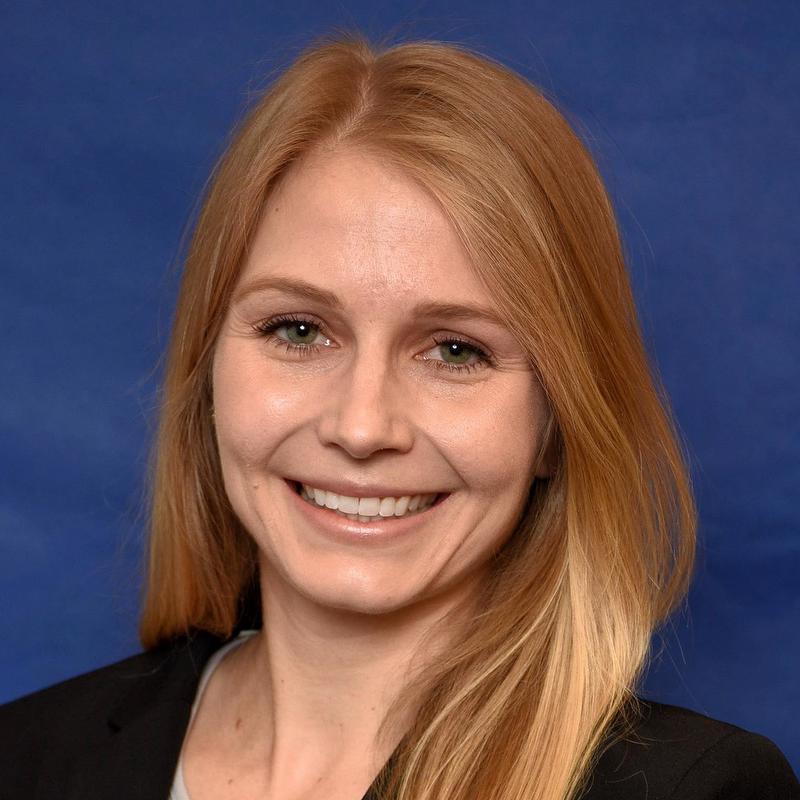 Funded Projects
Funded Projects
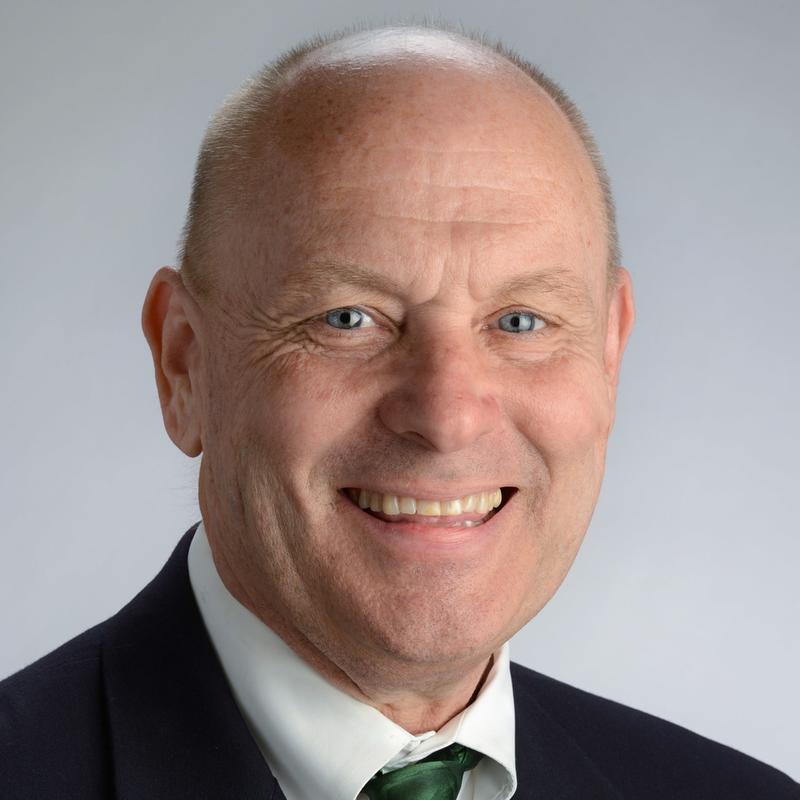
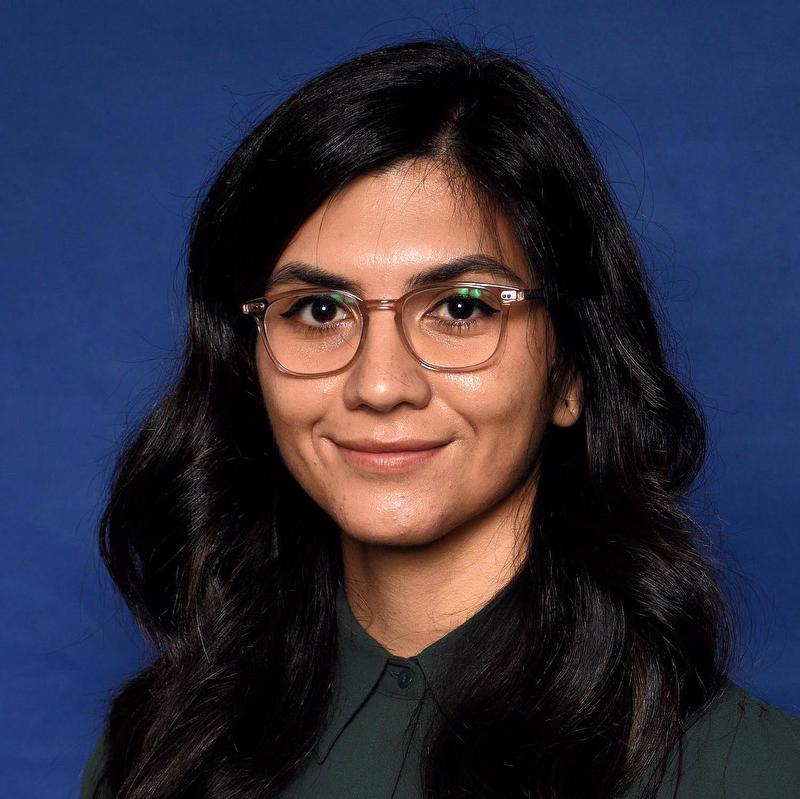 TL1 Trainee
TL1 Trainee
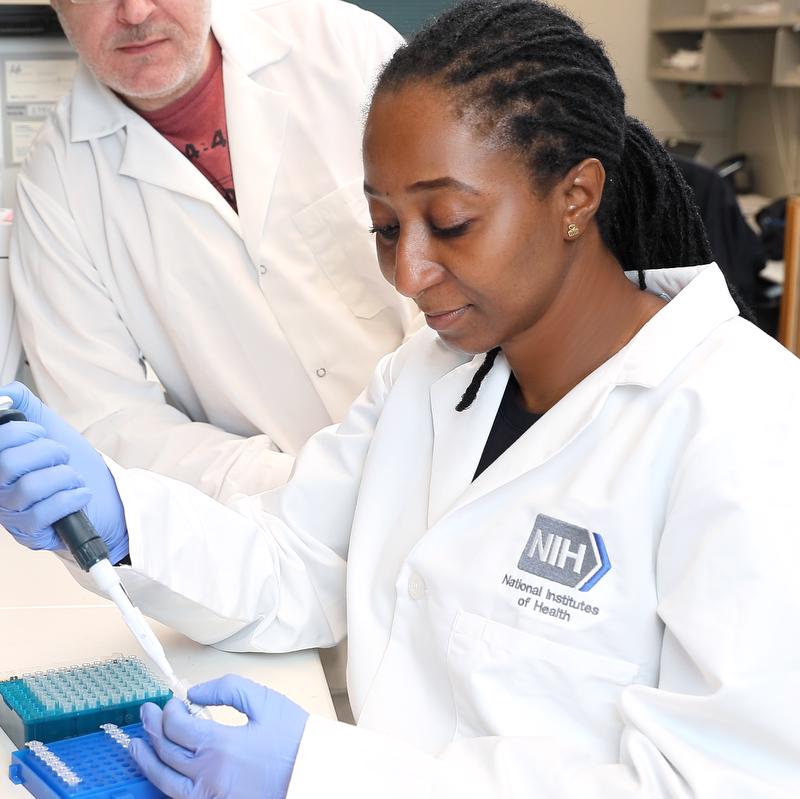 News
News
 Funded Projects
Funded Projects
